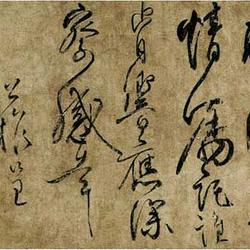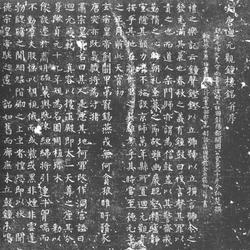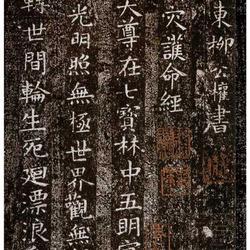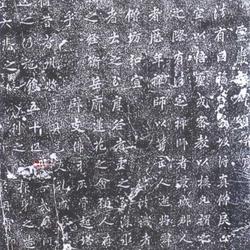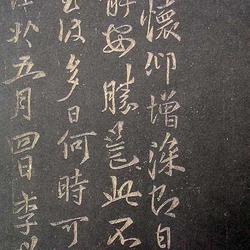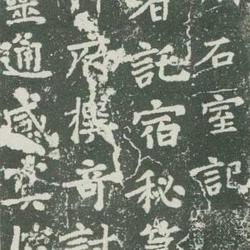Liu Gongquan's "Shen Ce Military Monument"
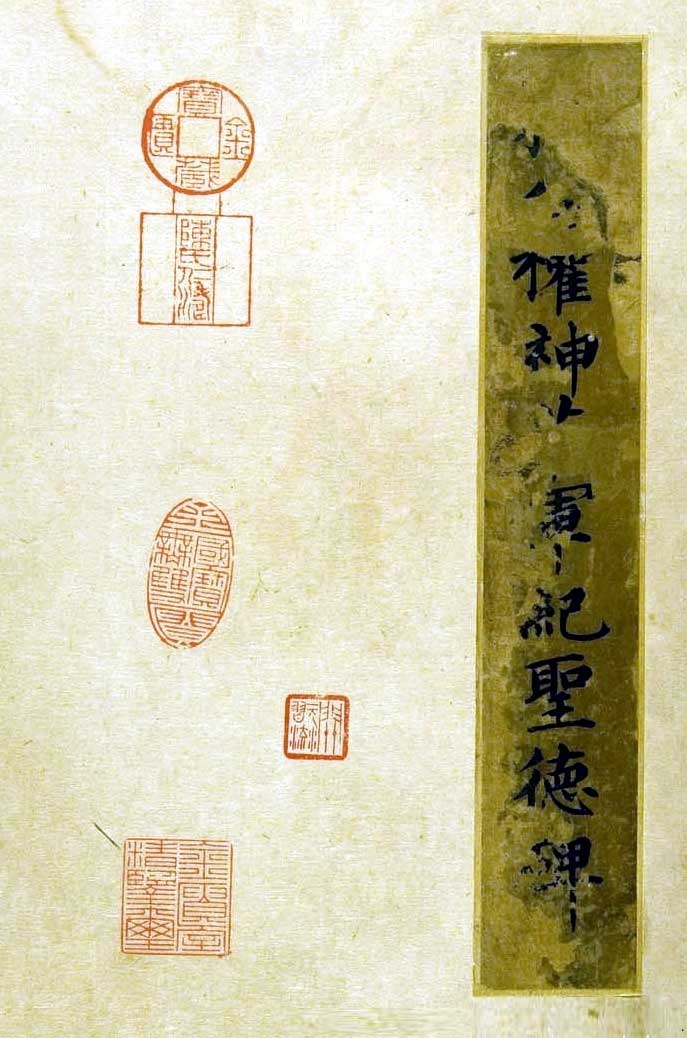
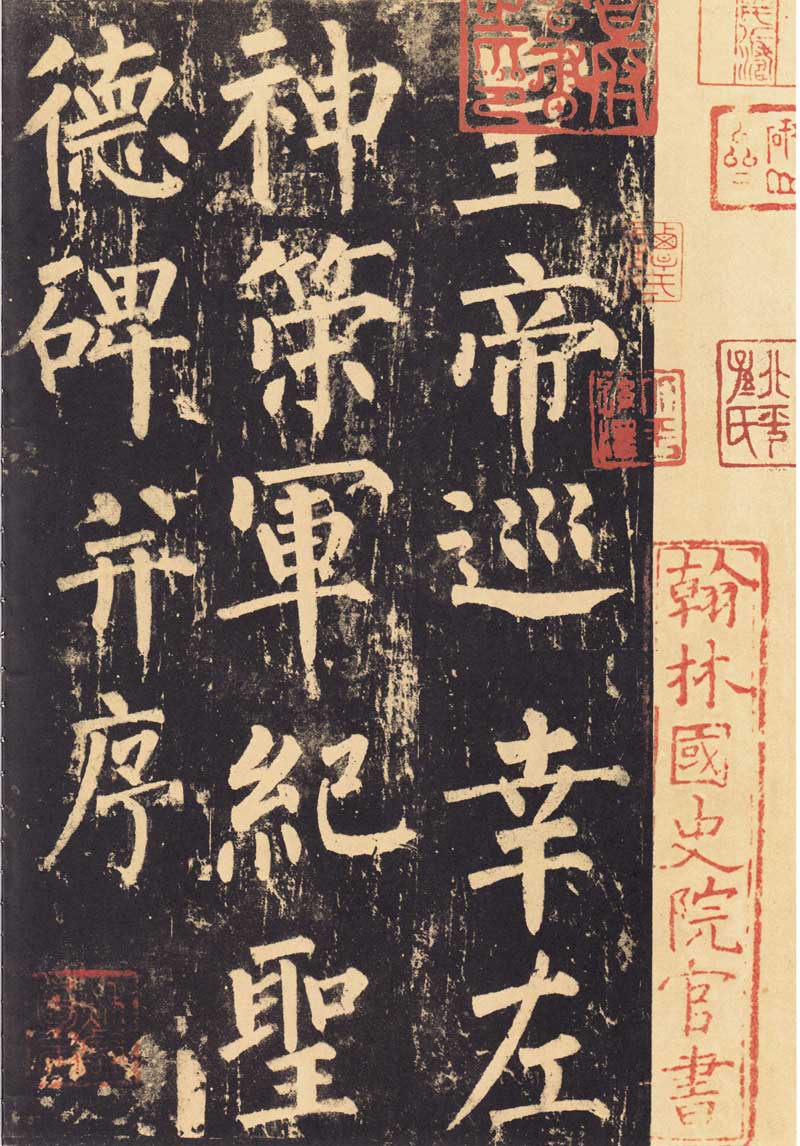
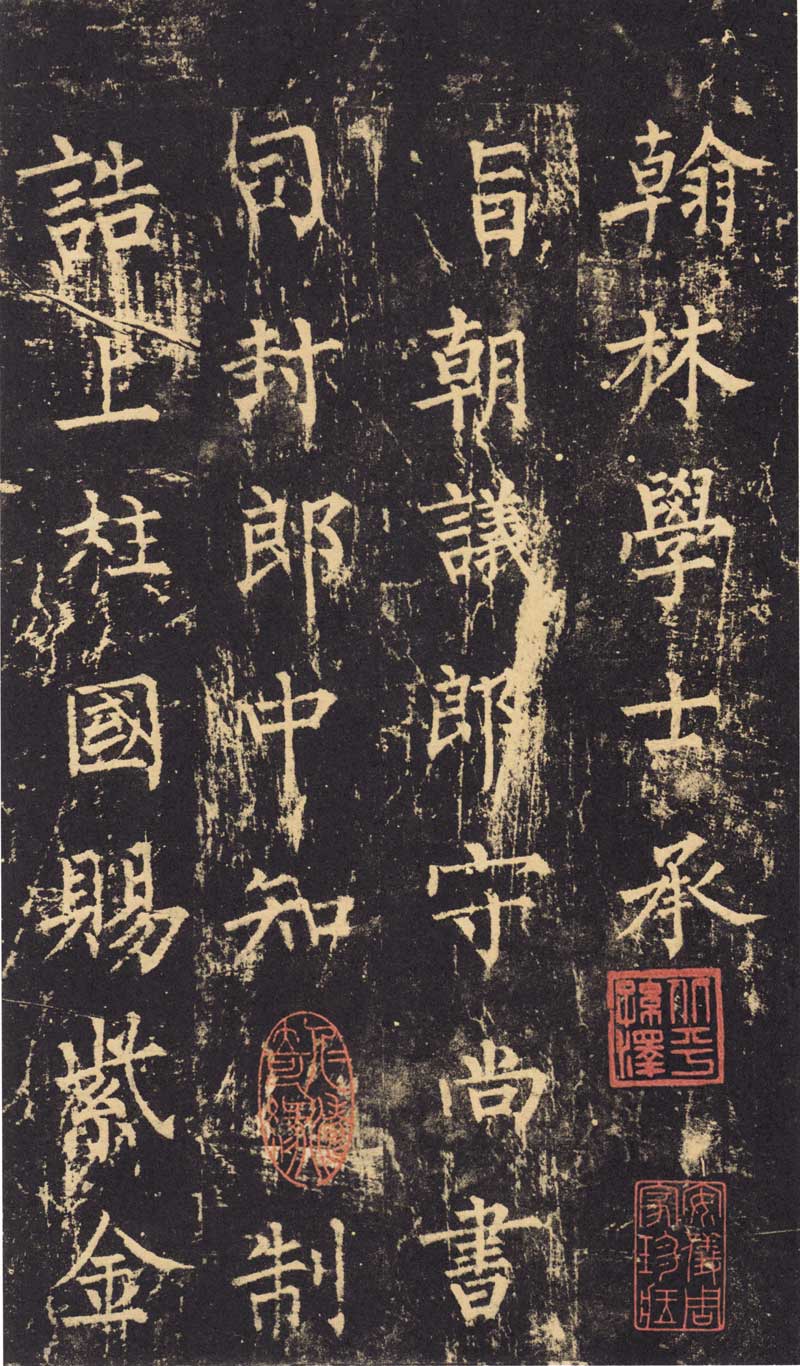
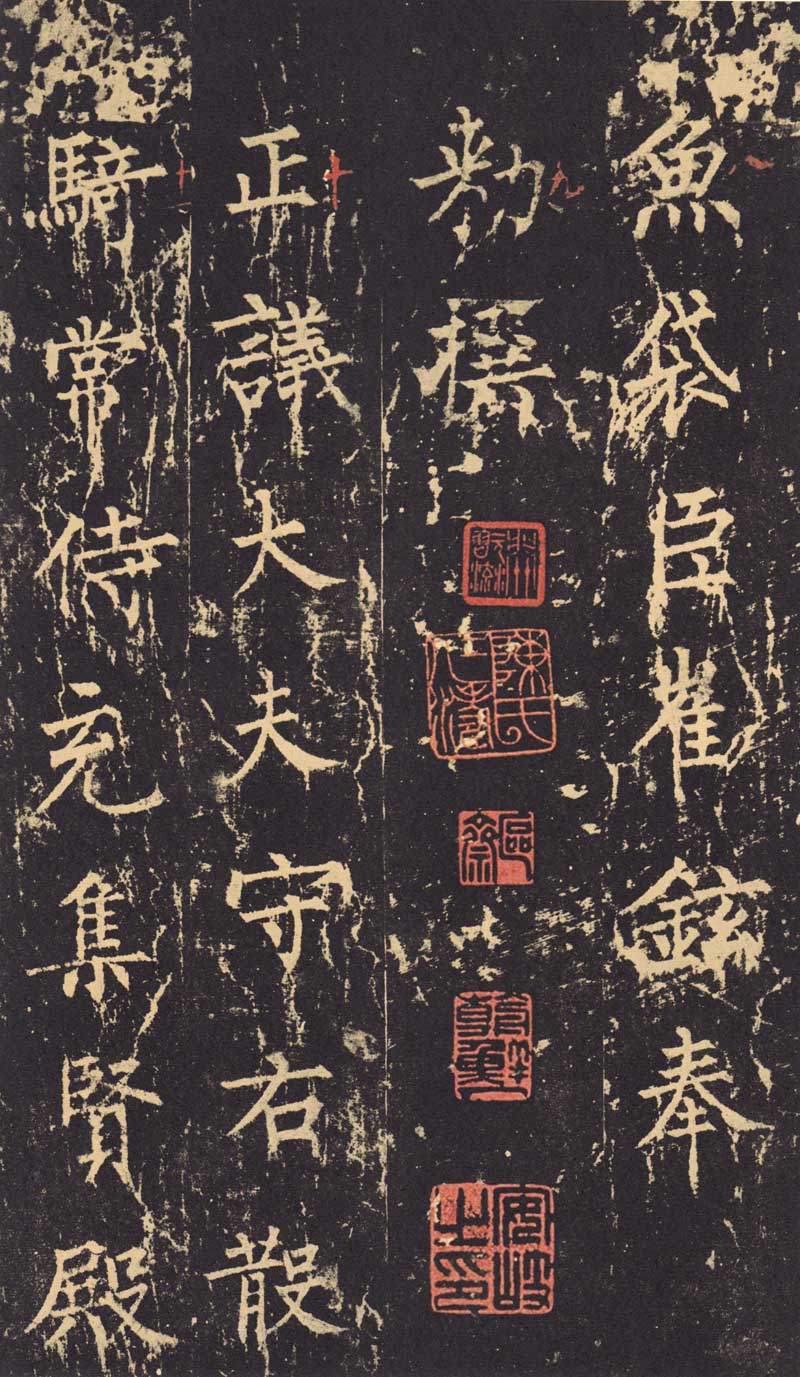
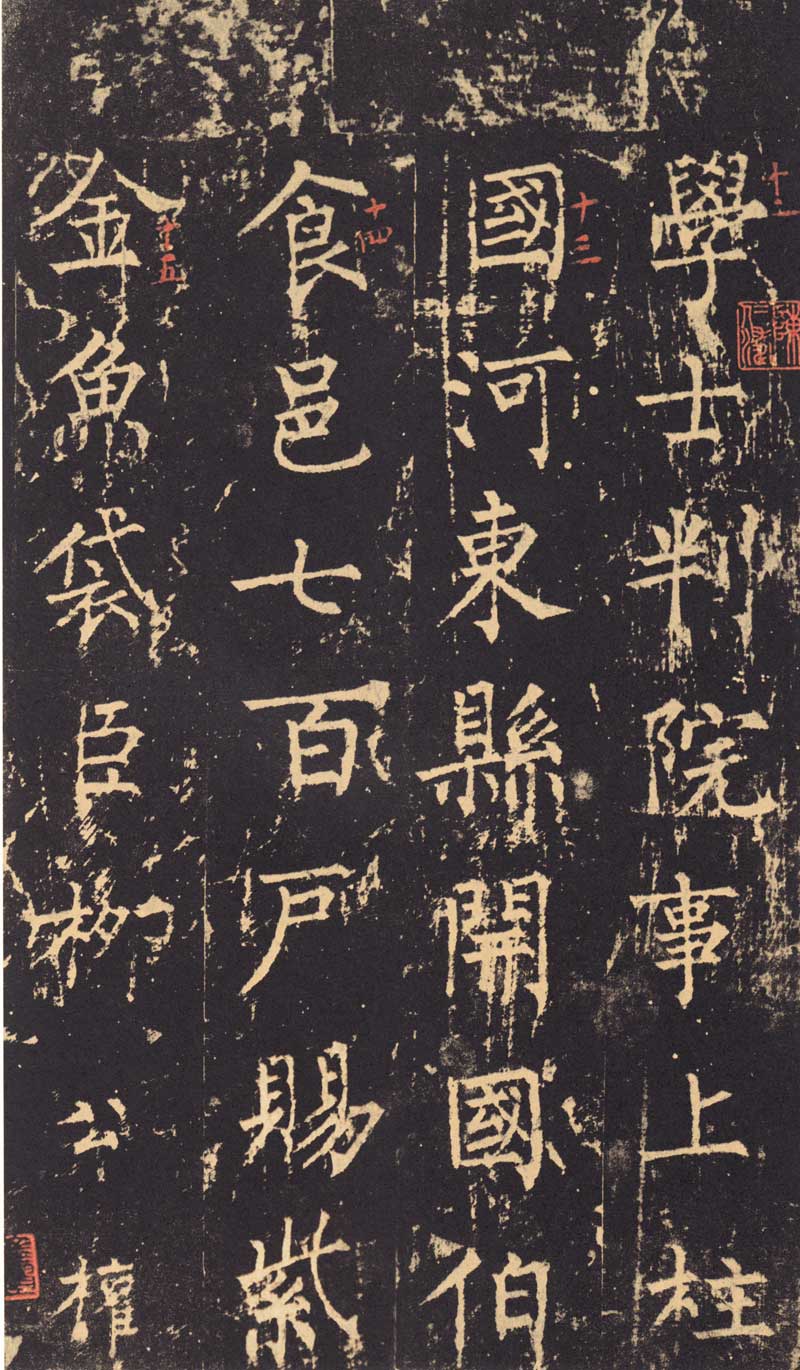
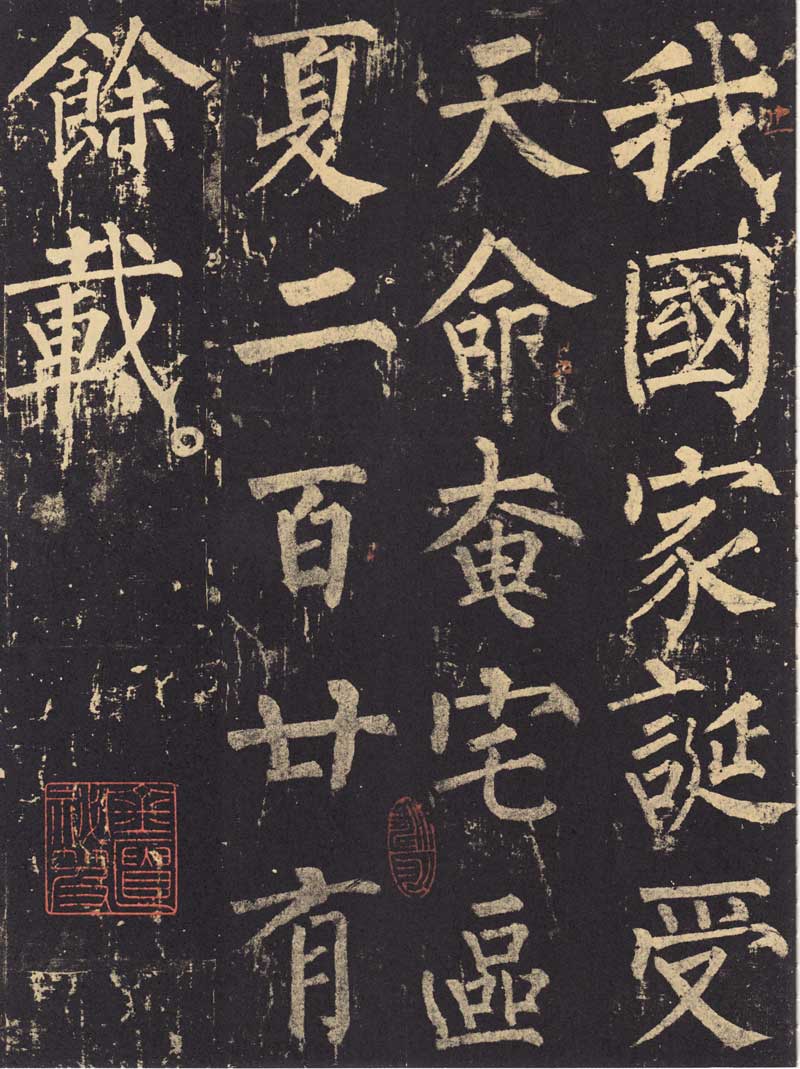
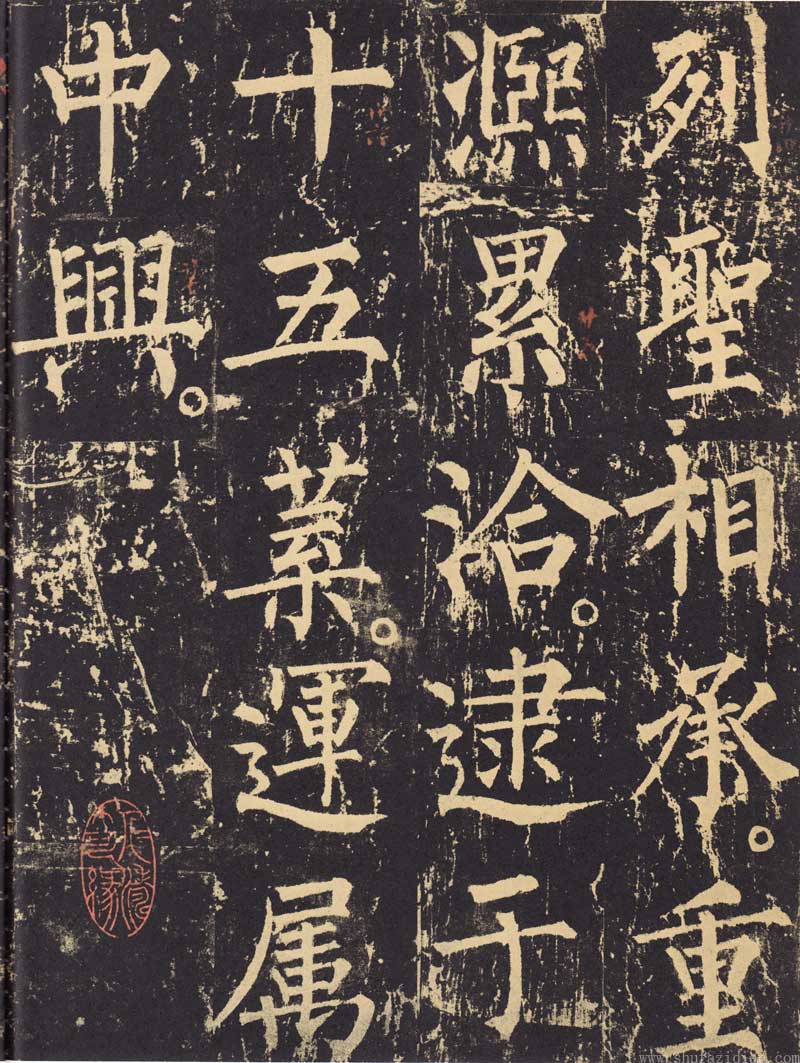
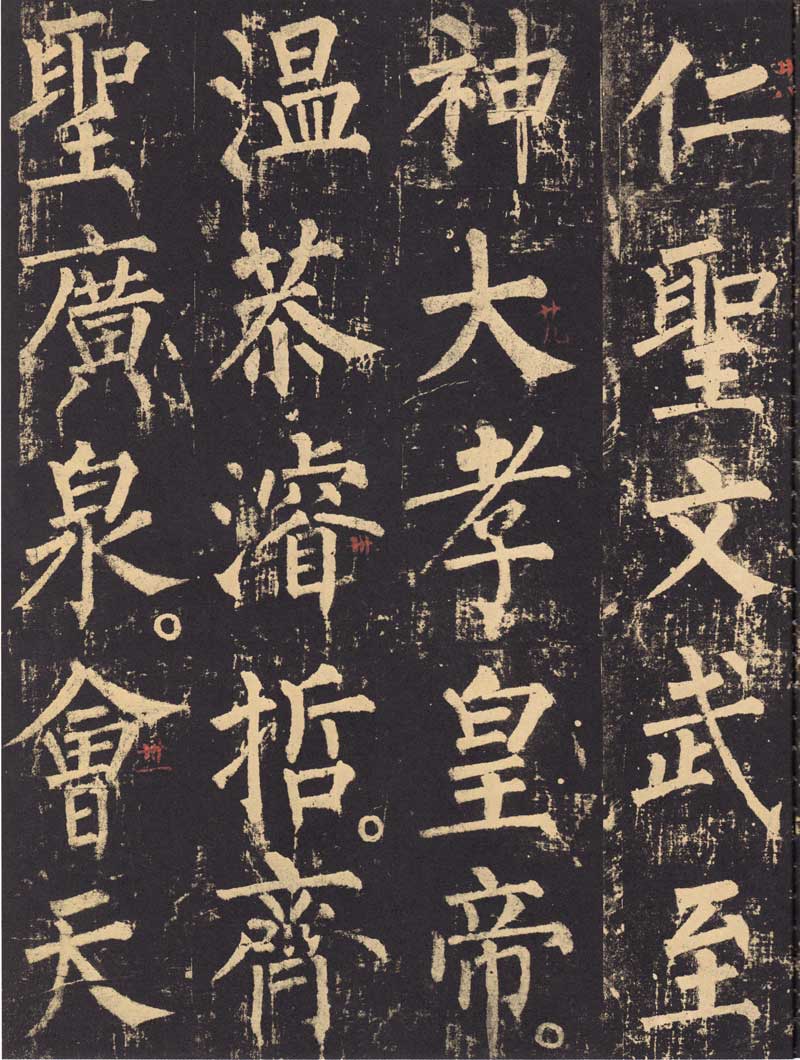
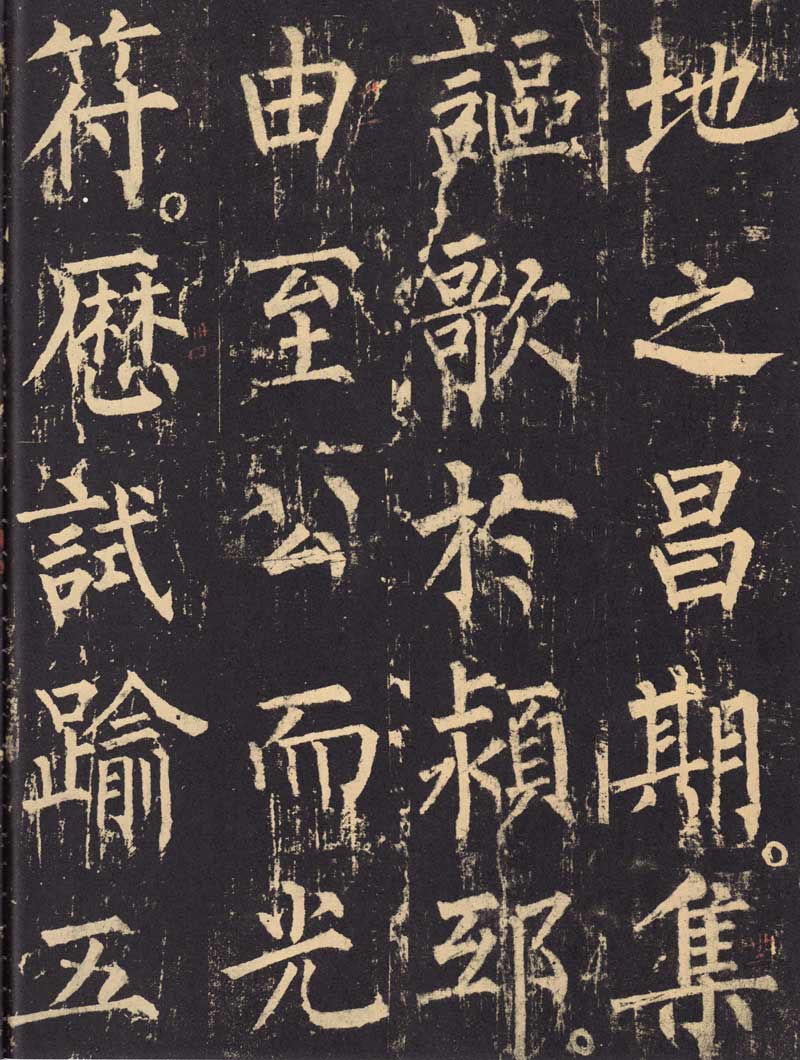
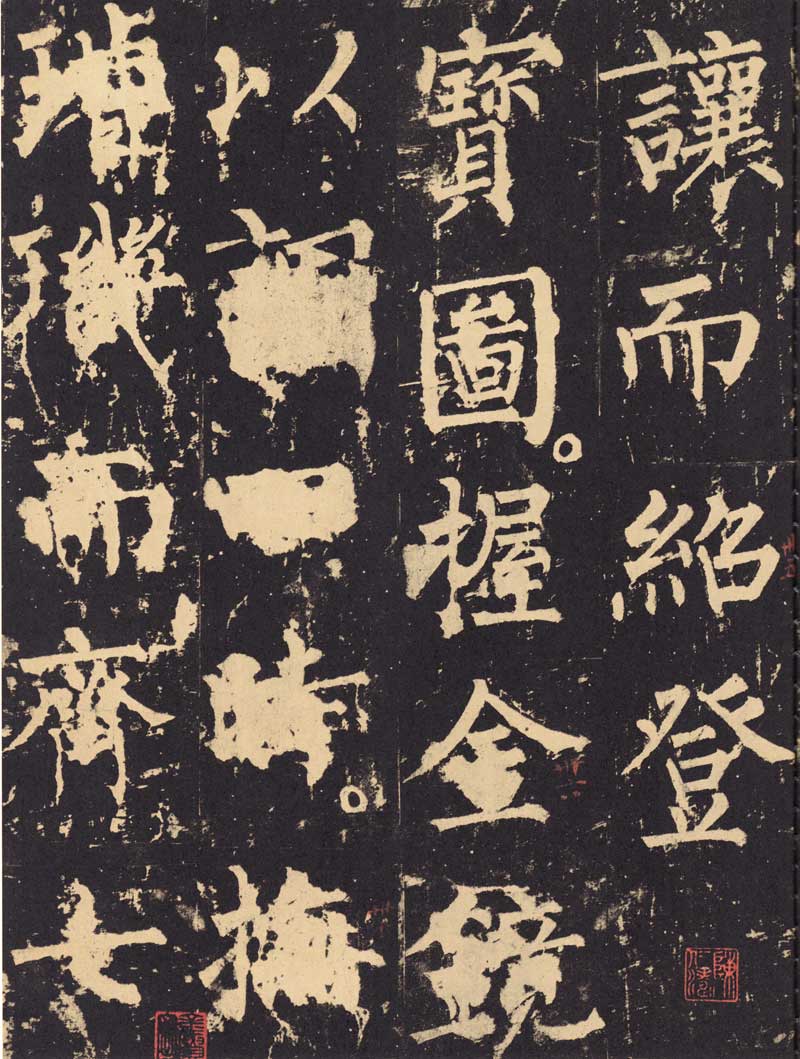
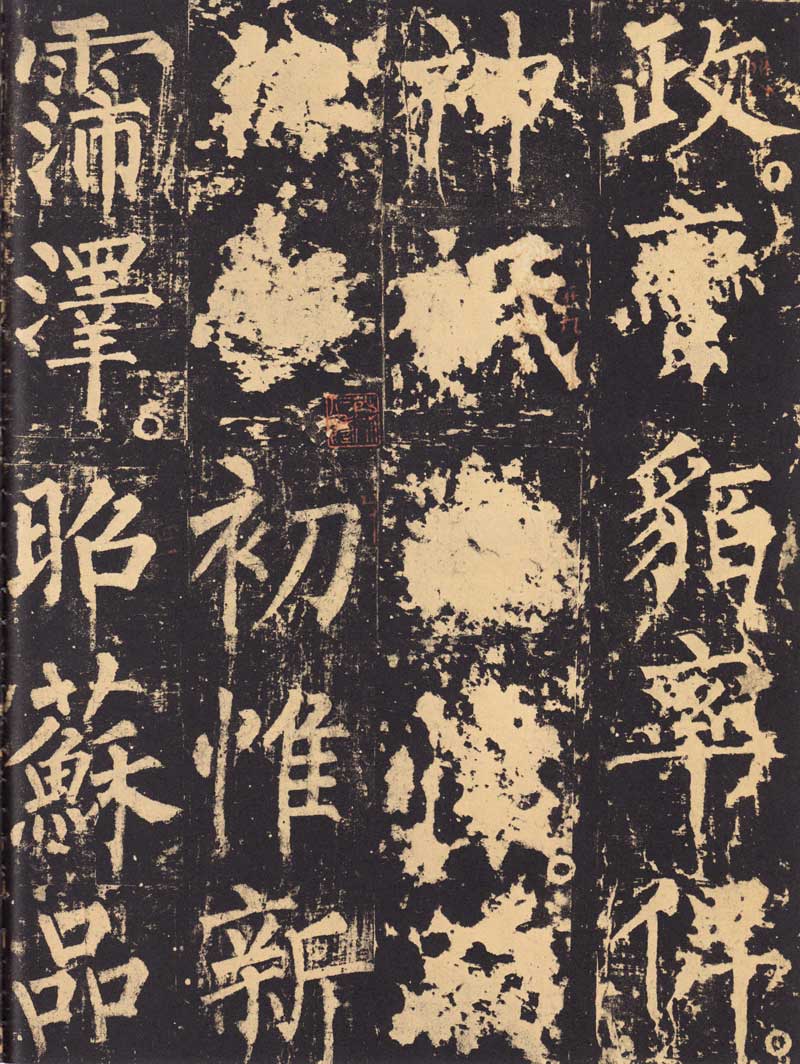
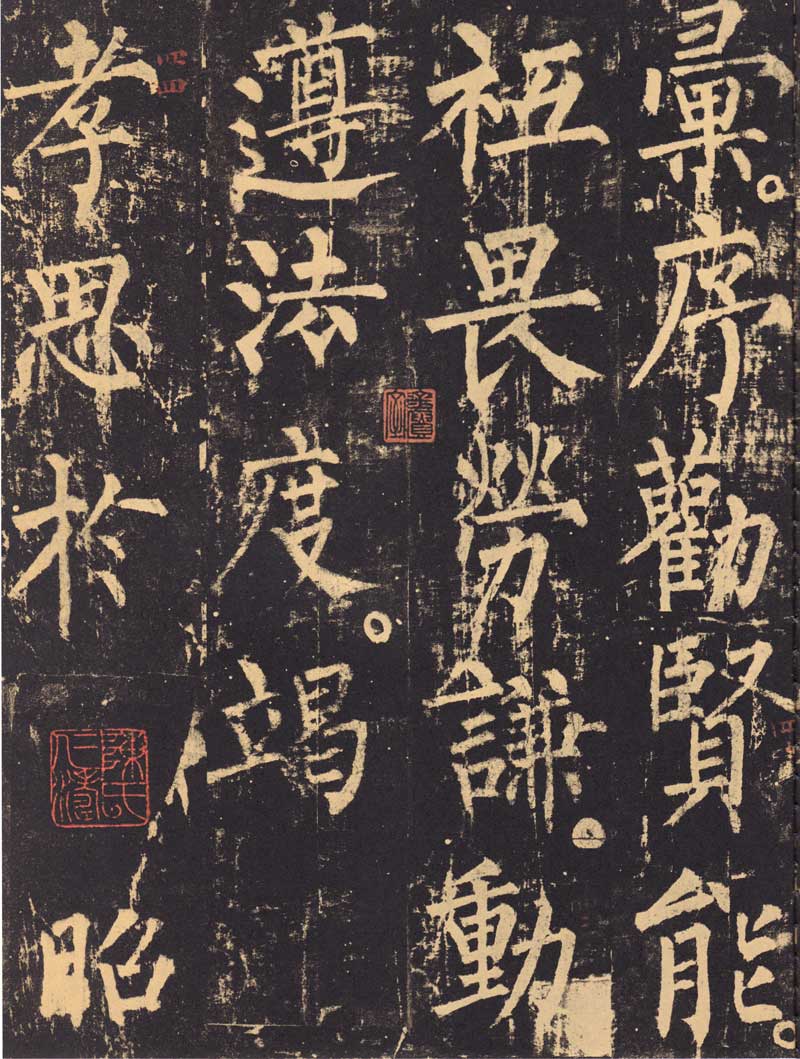
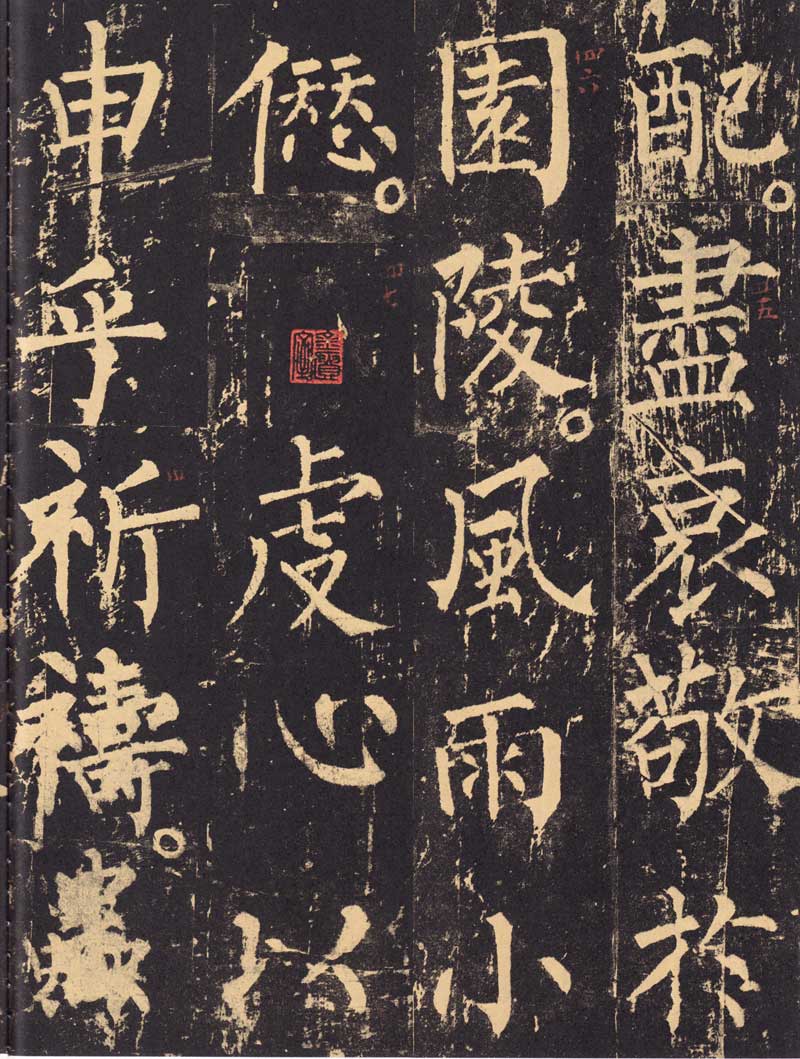
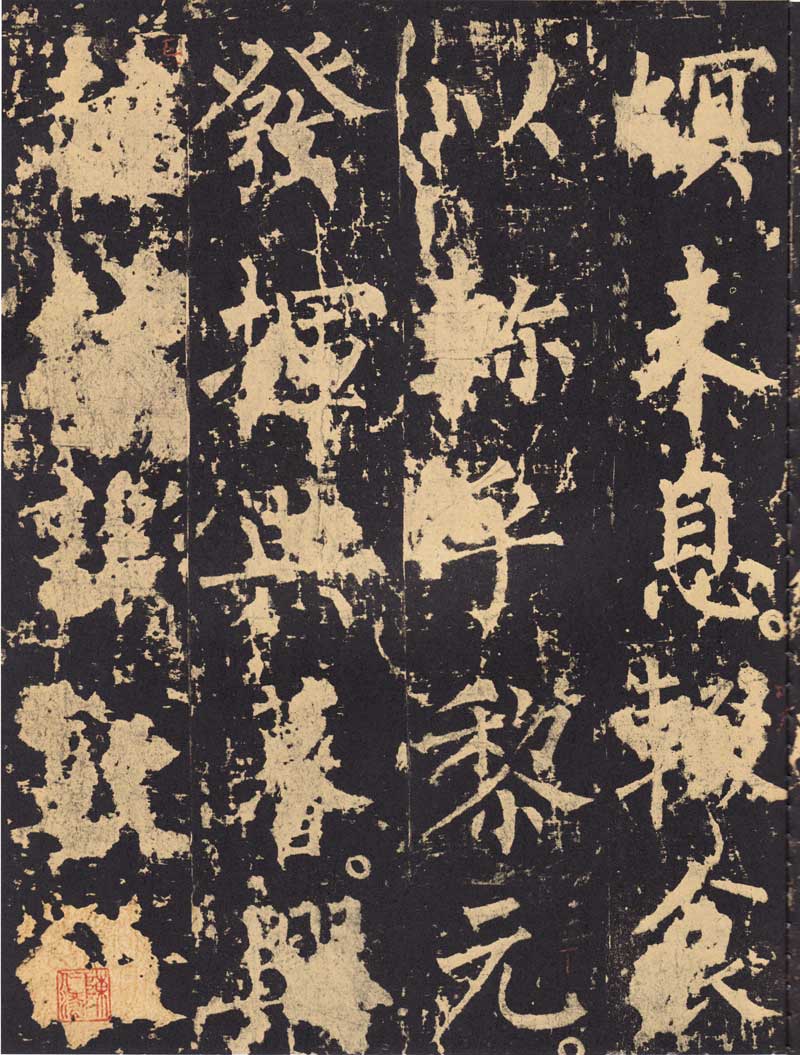
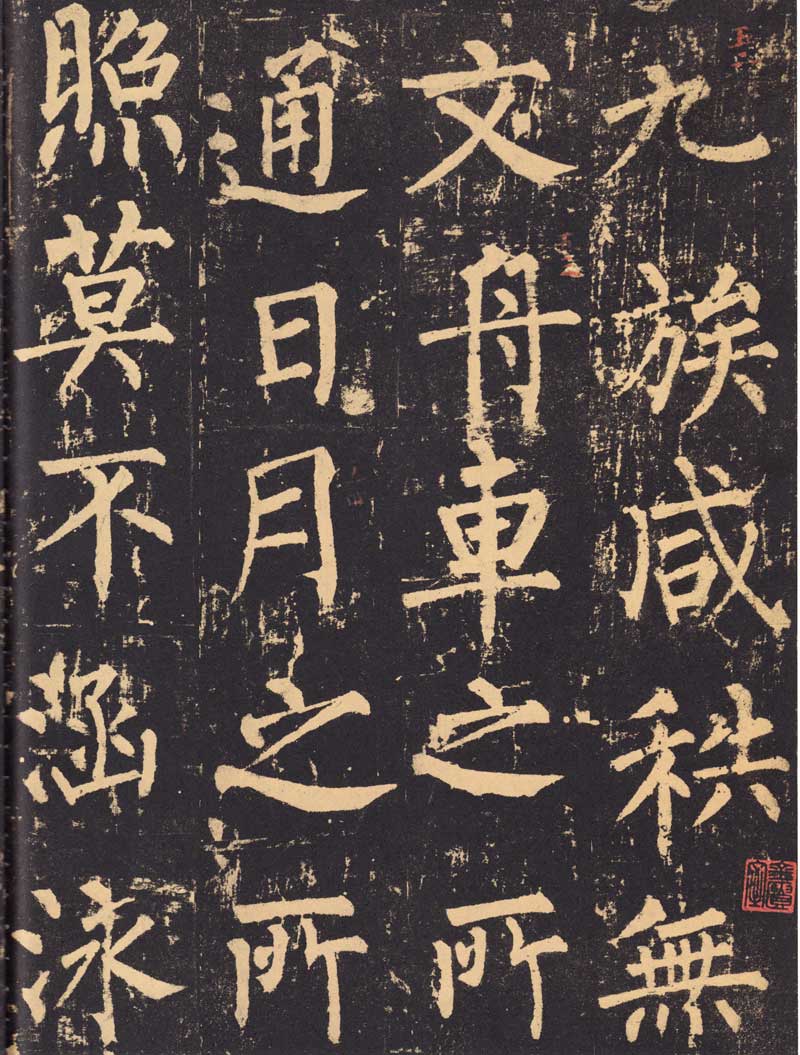
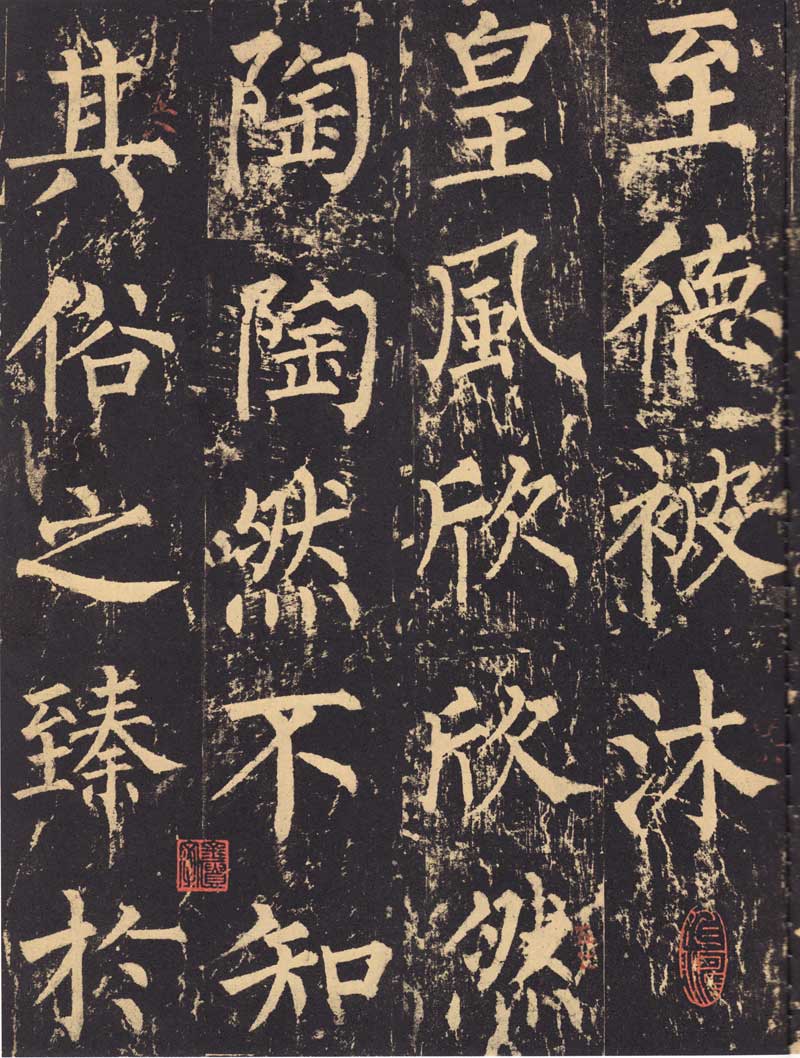
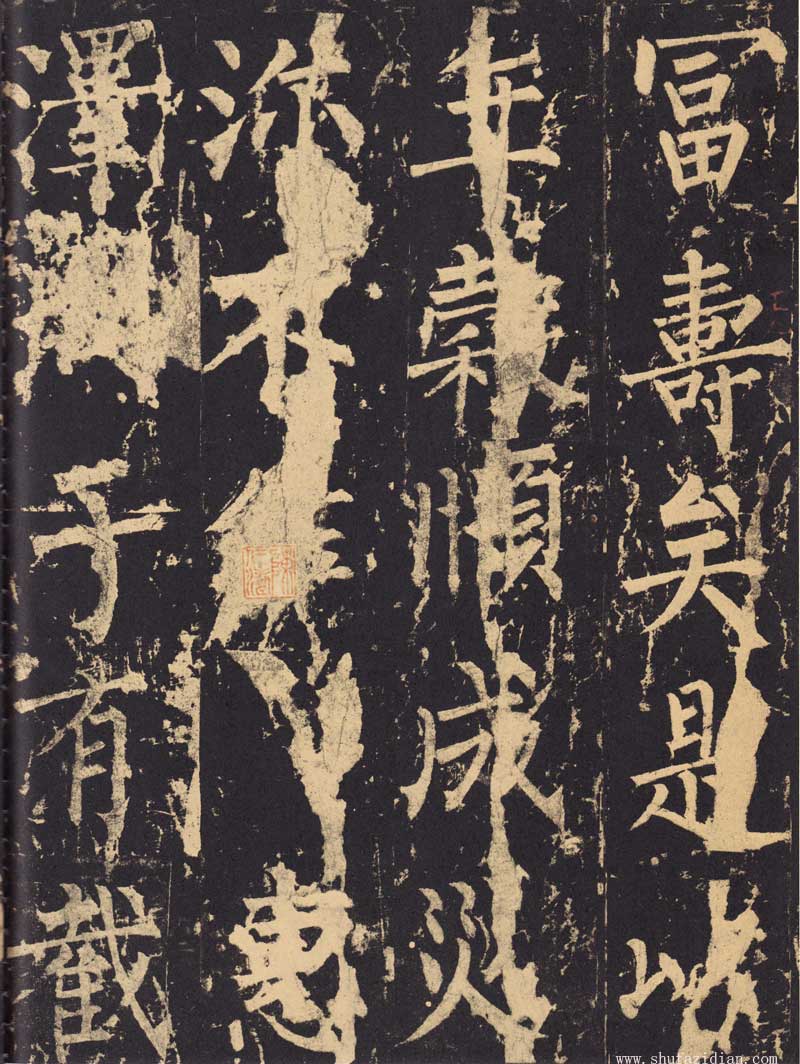
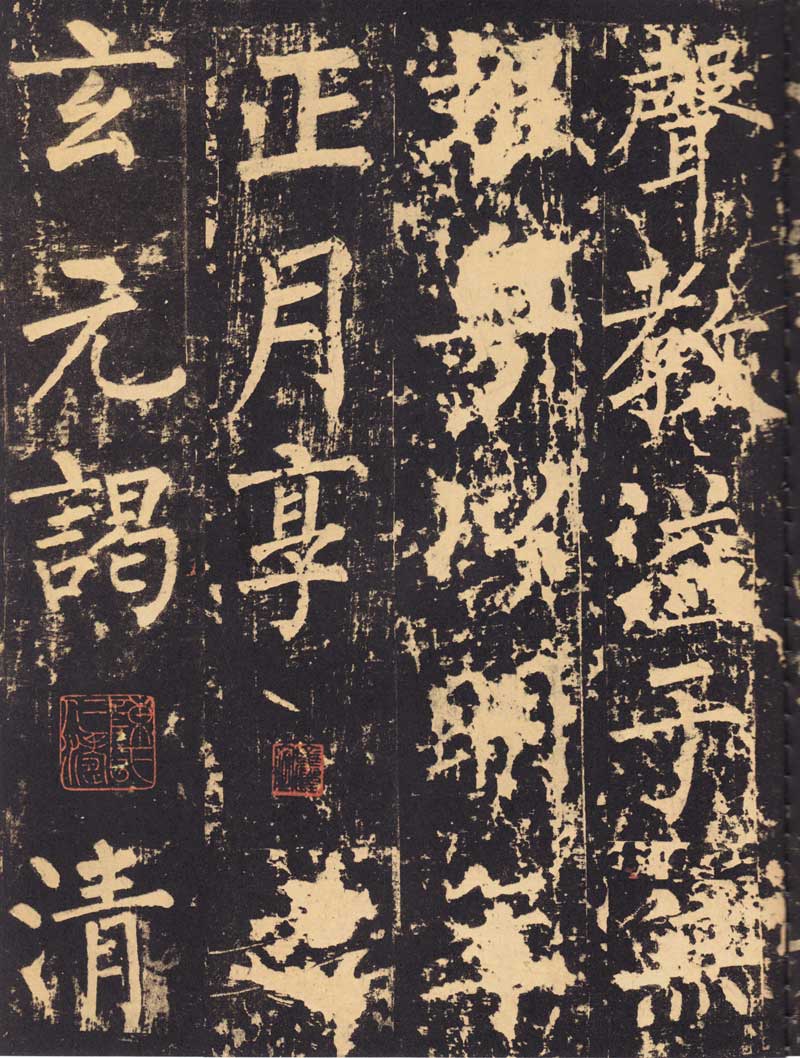
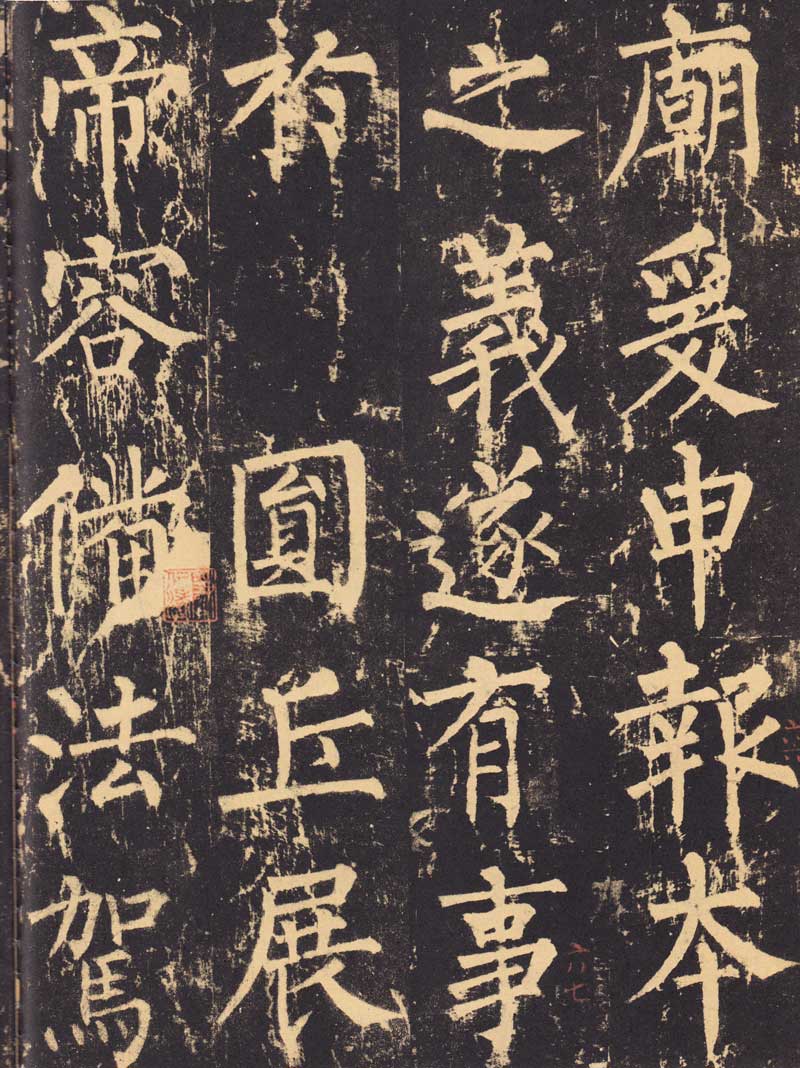
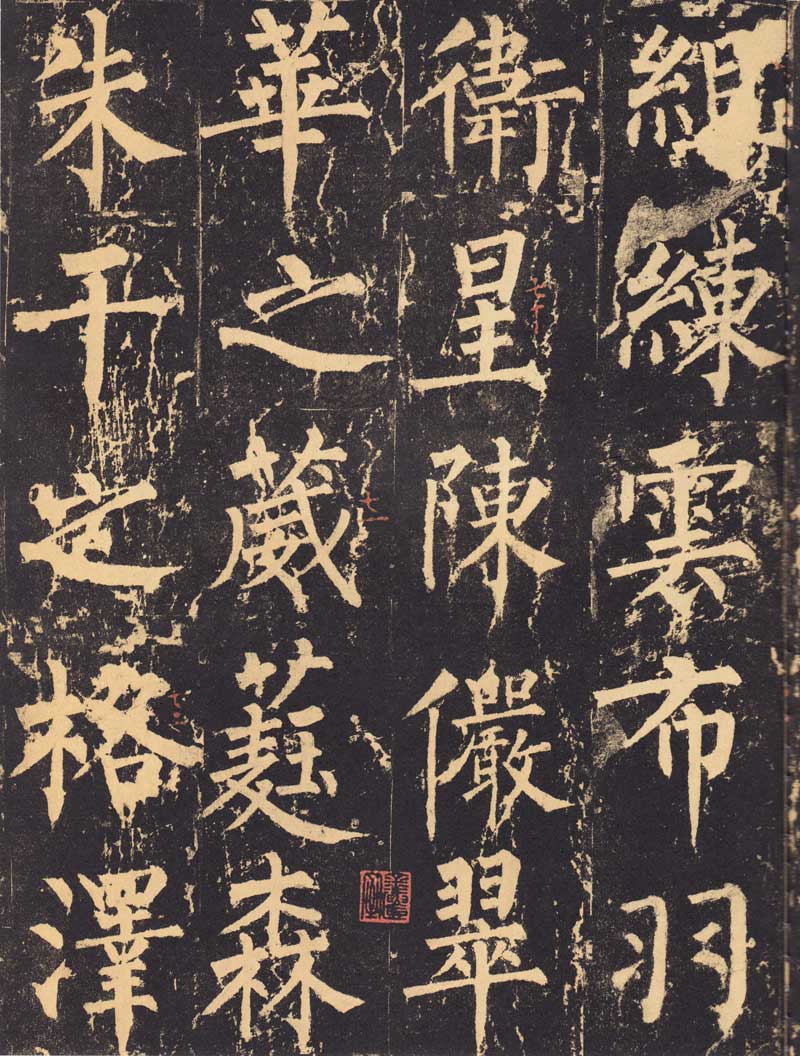
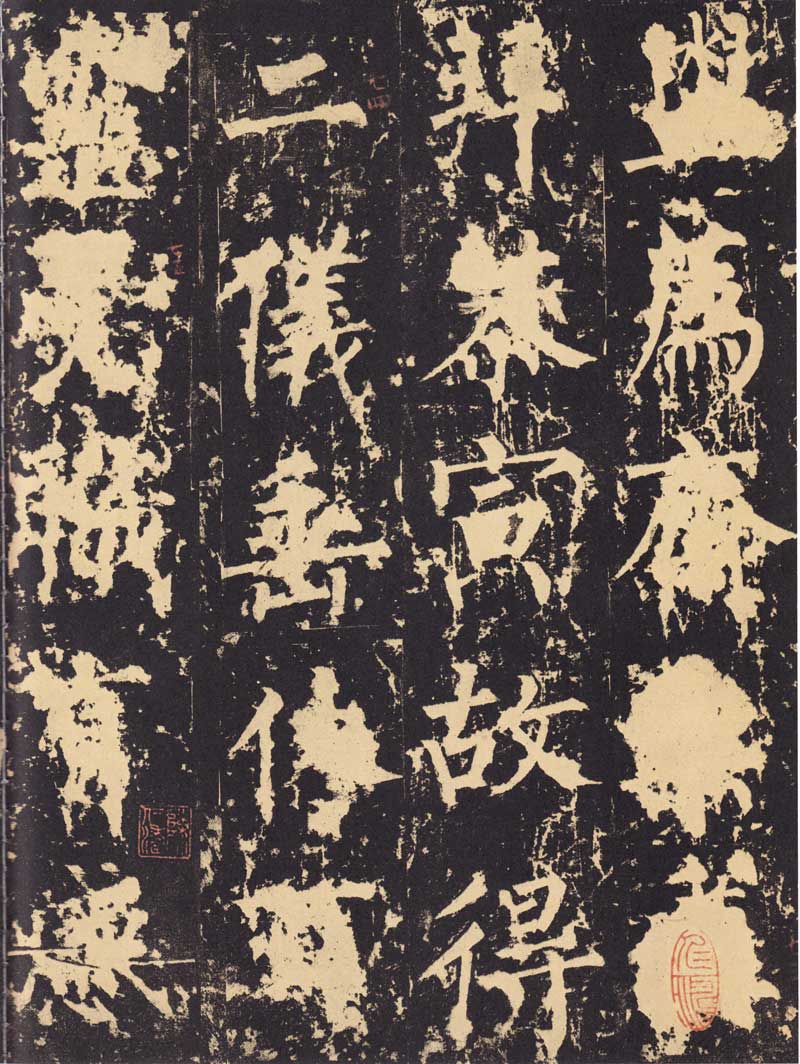
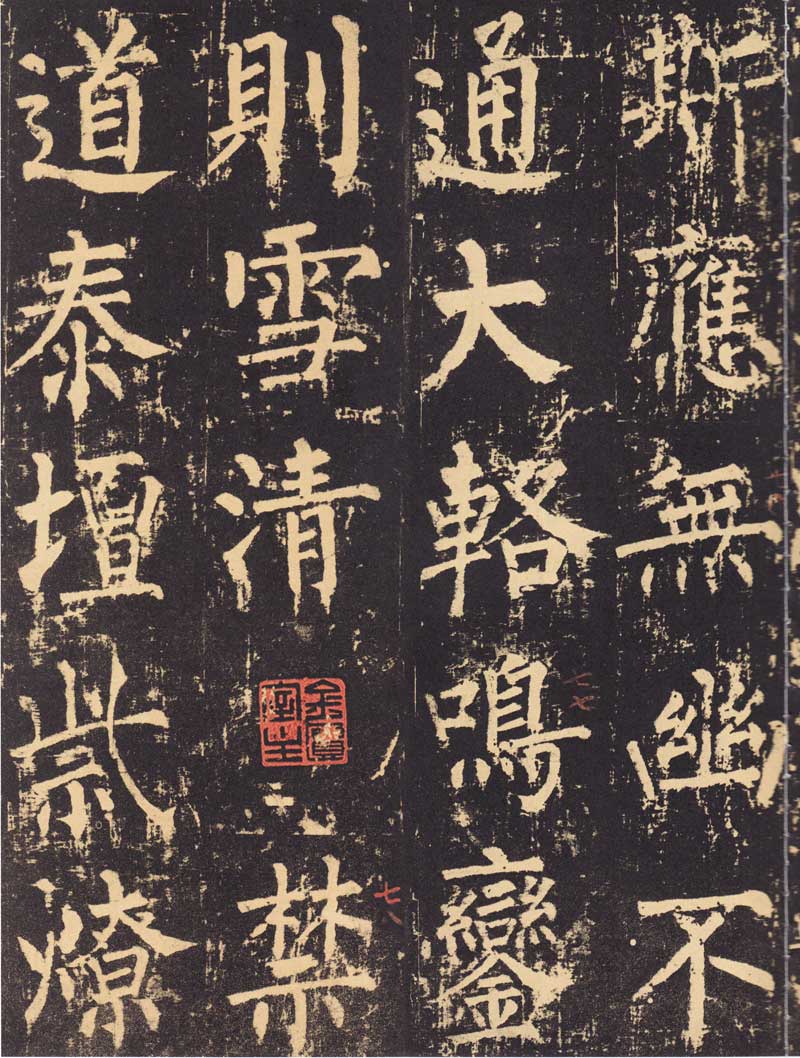
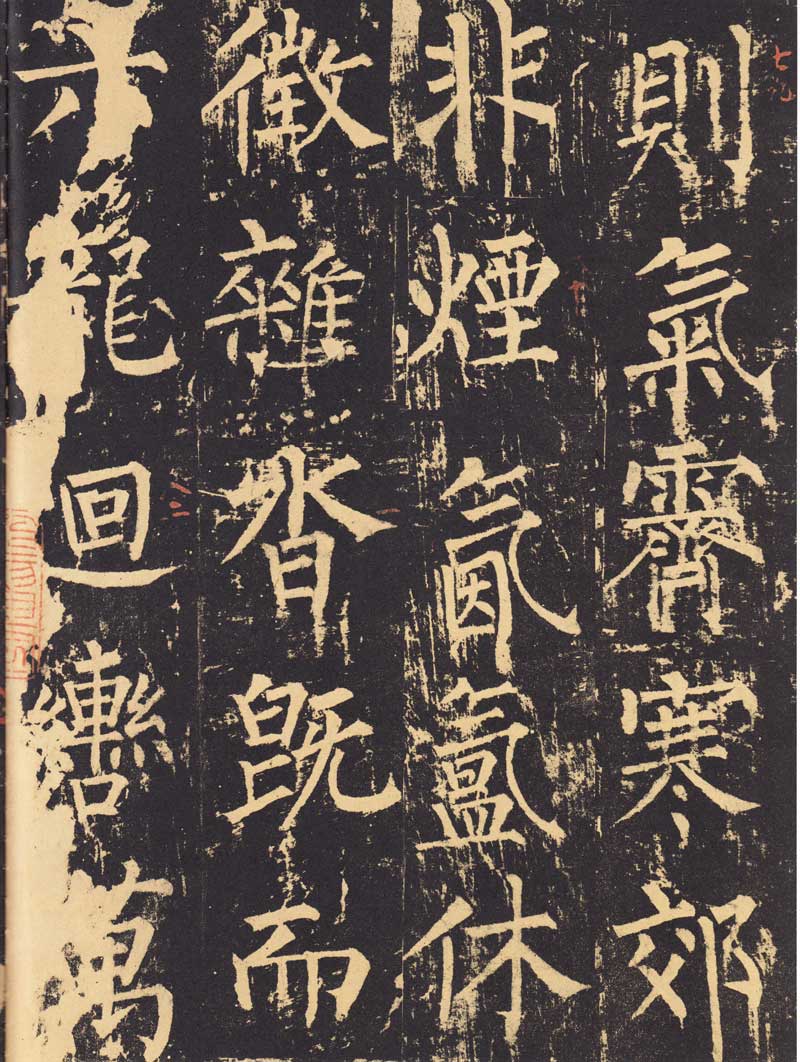
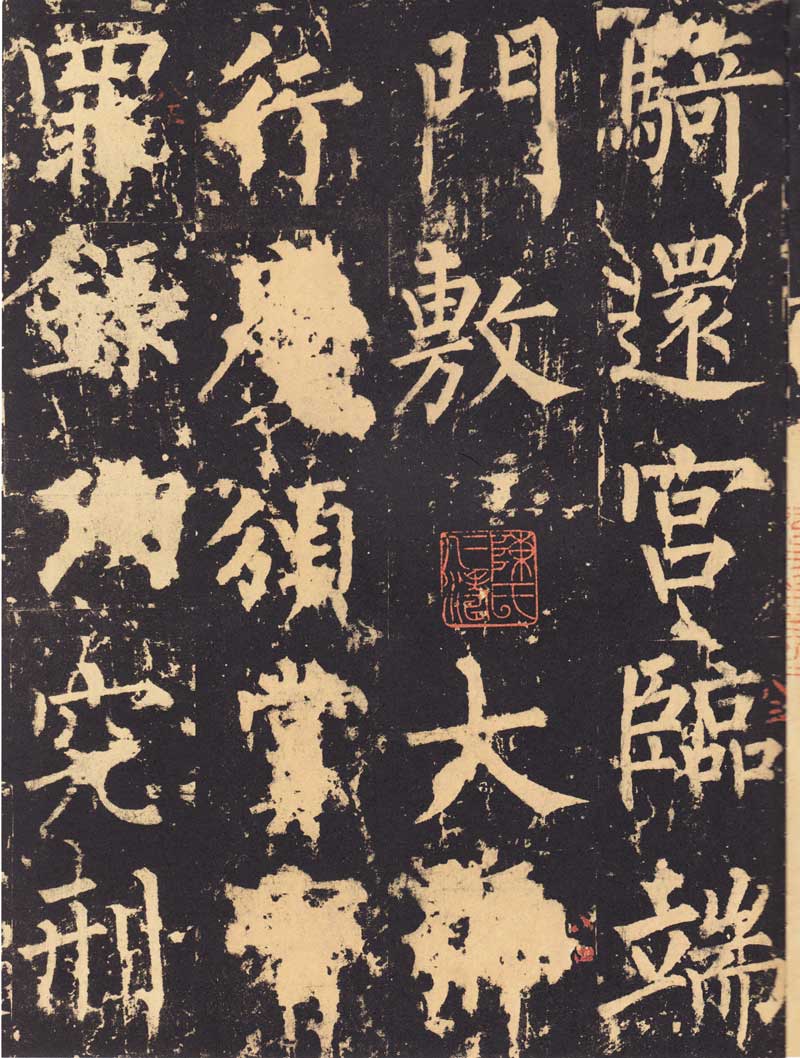
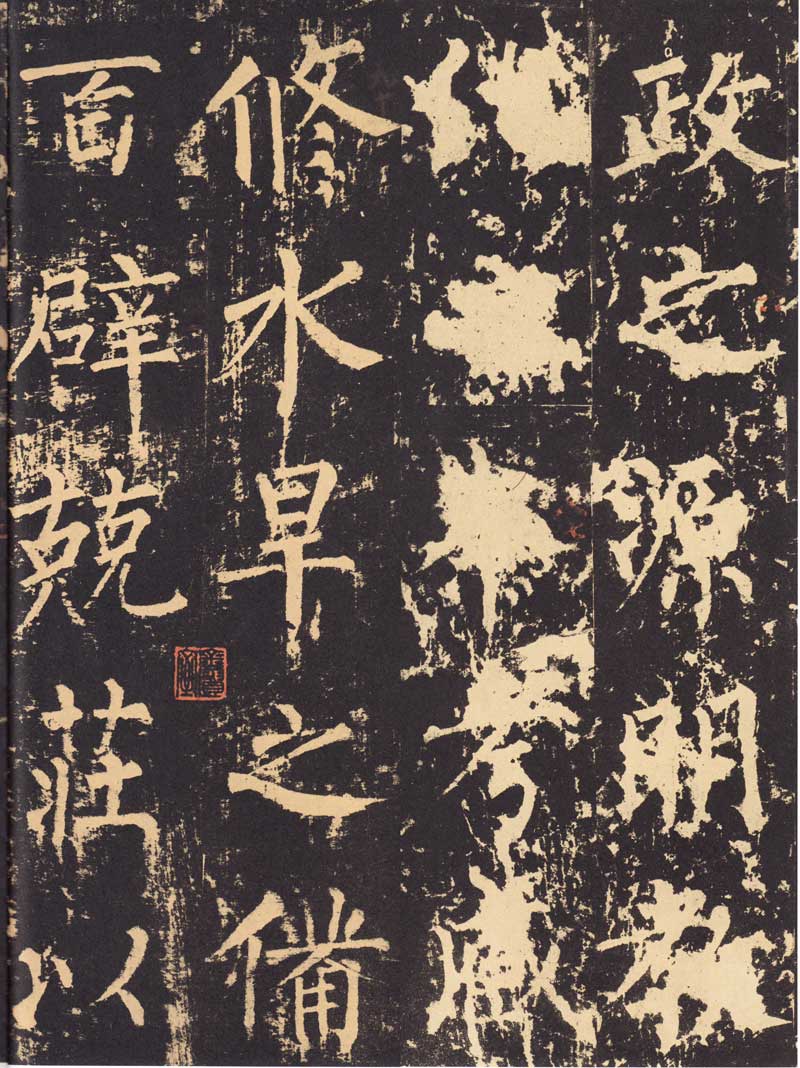
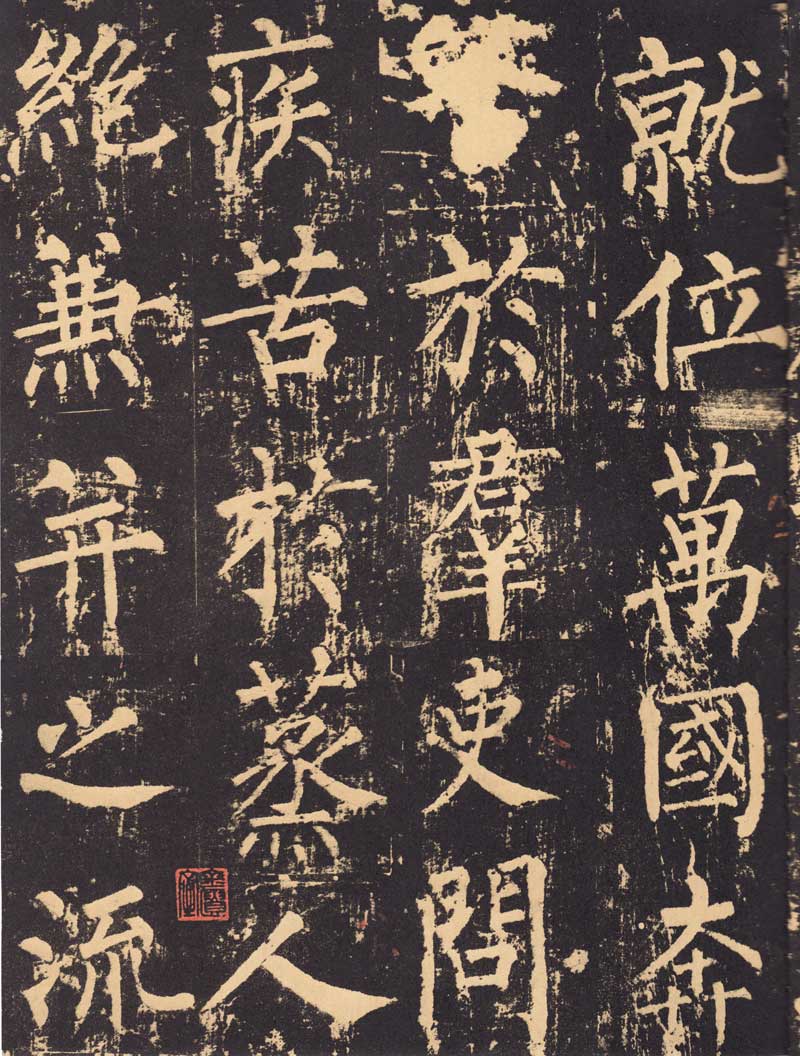
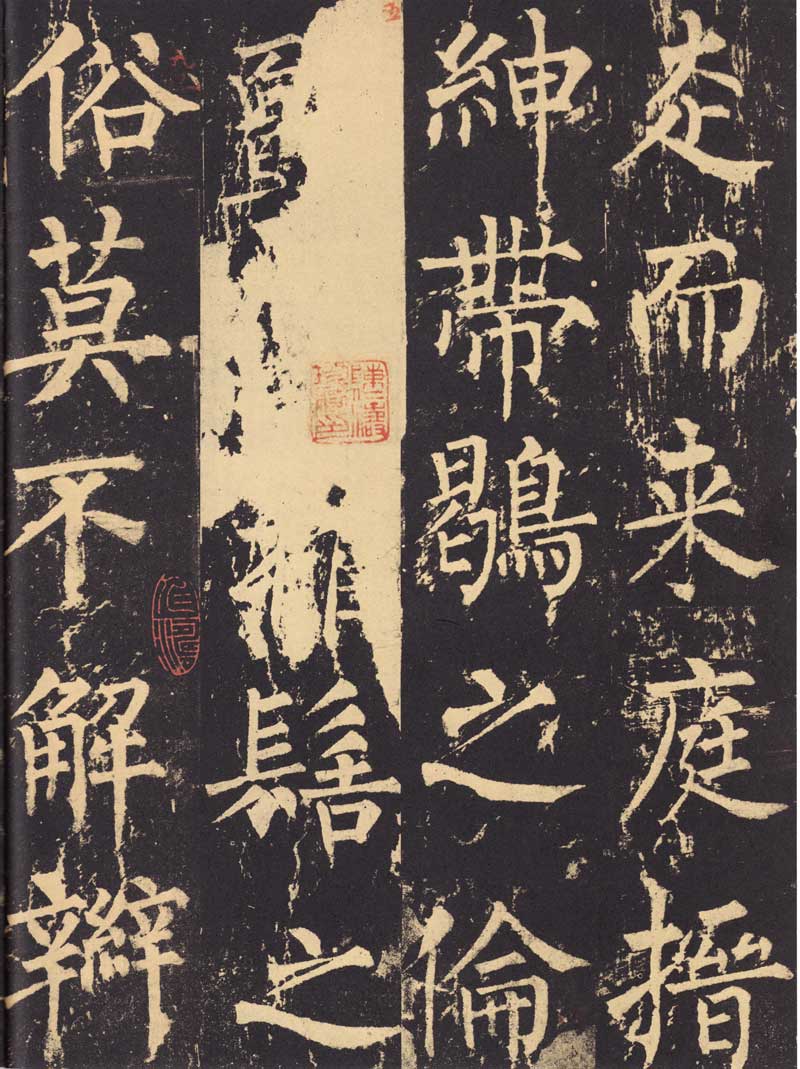
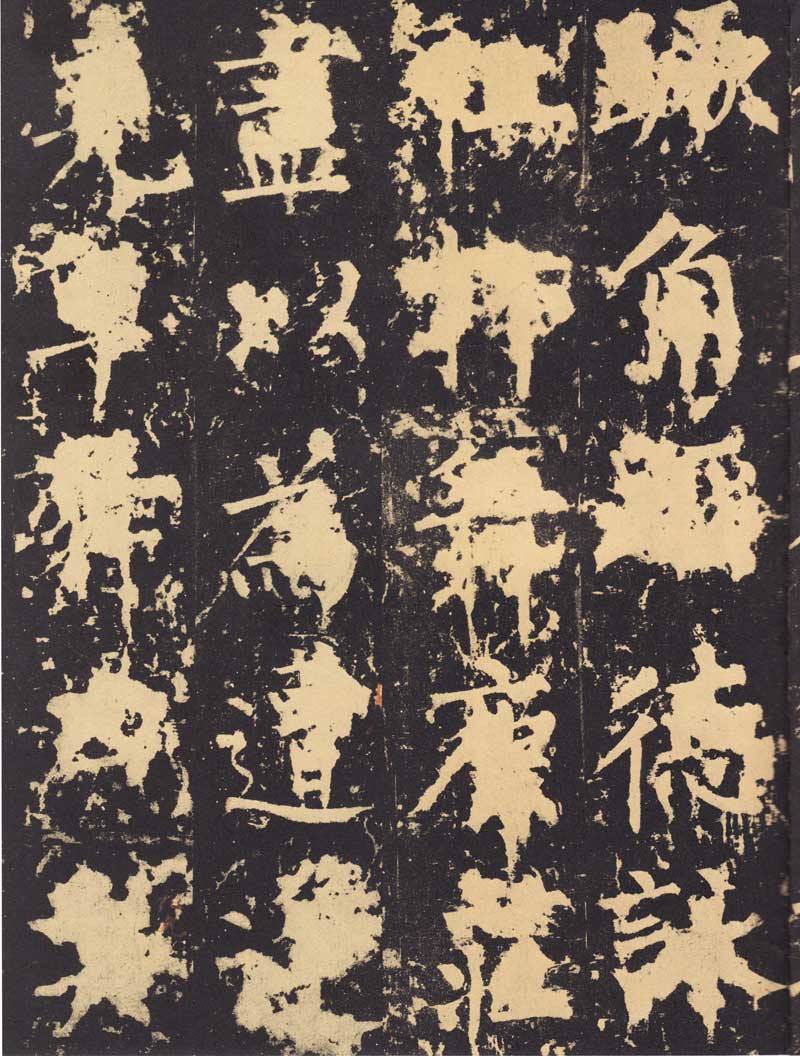
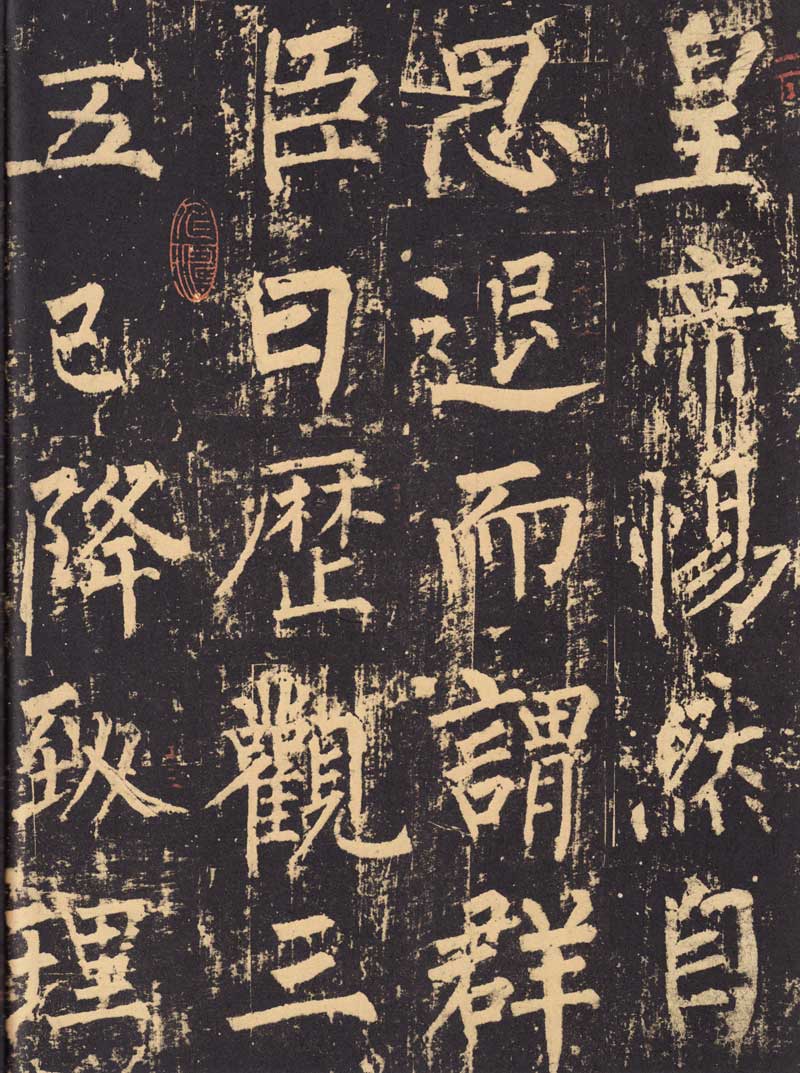
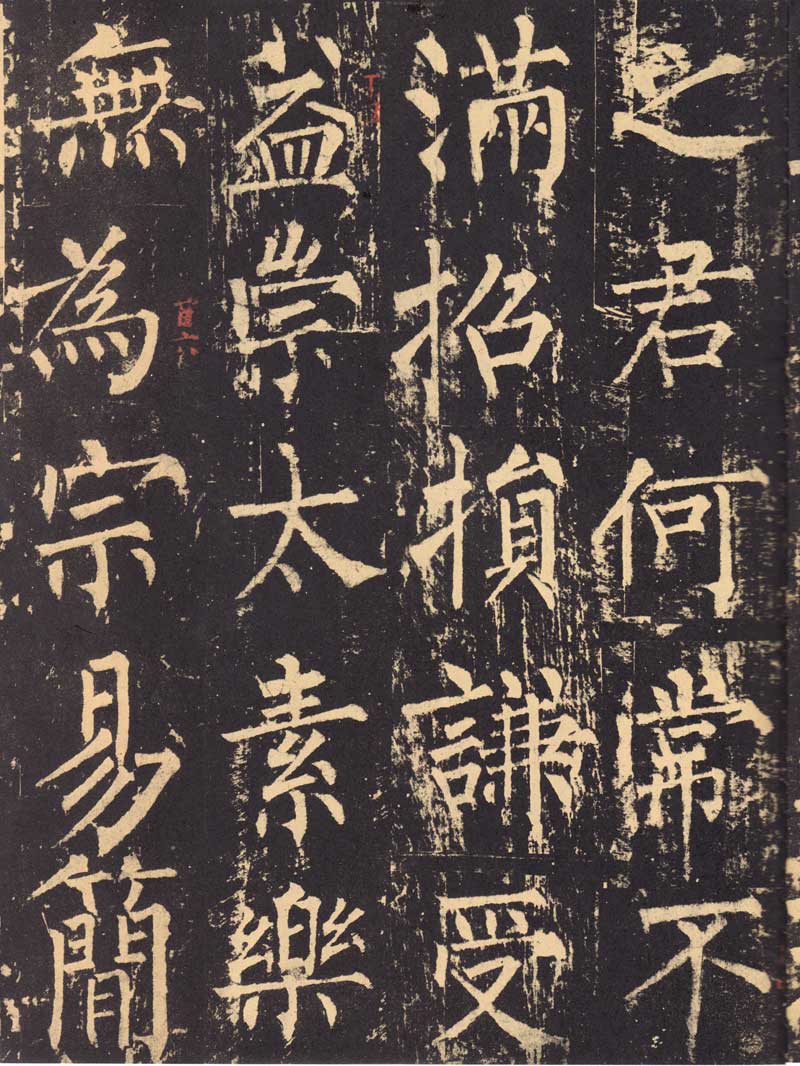
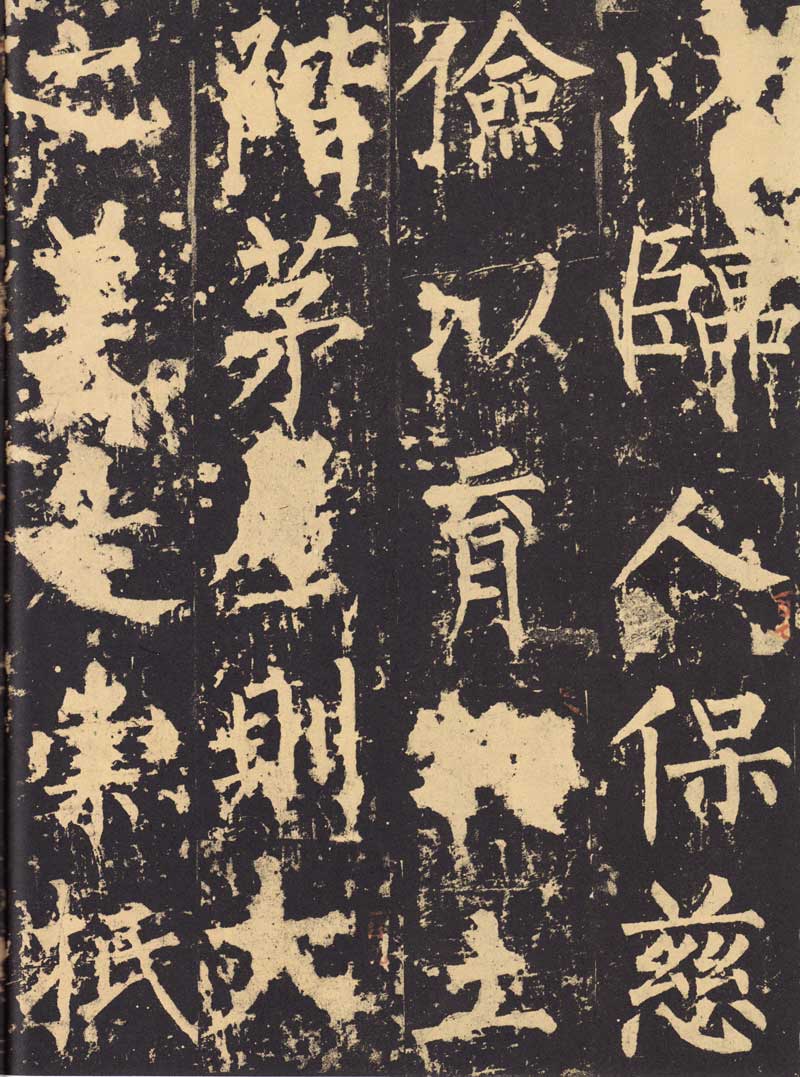
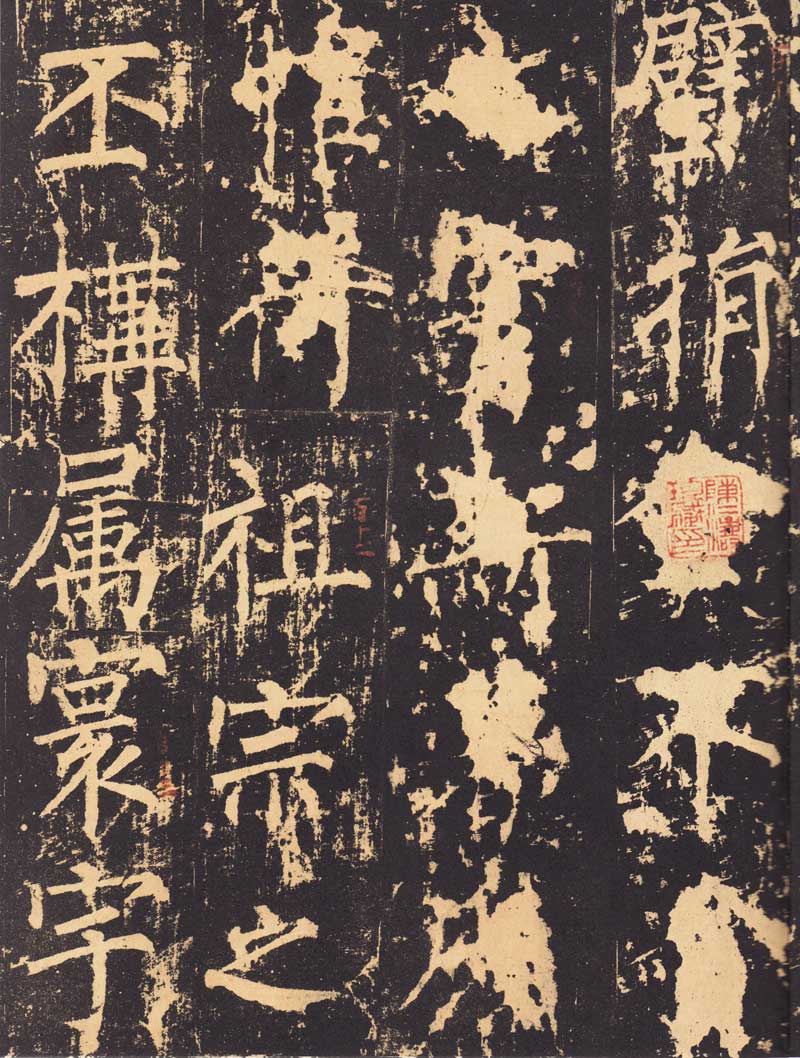
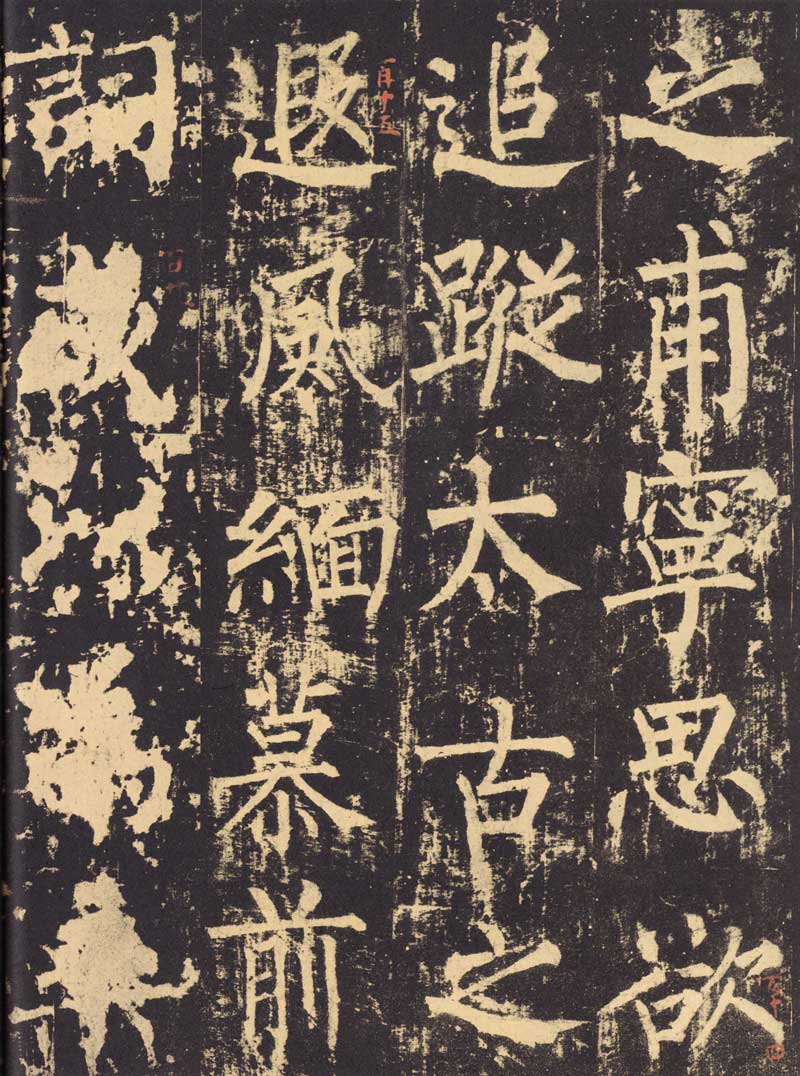
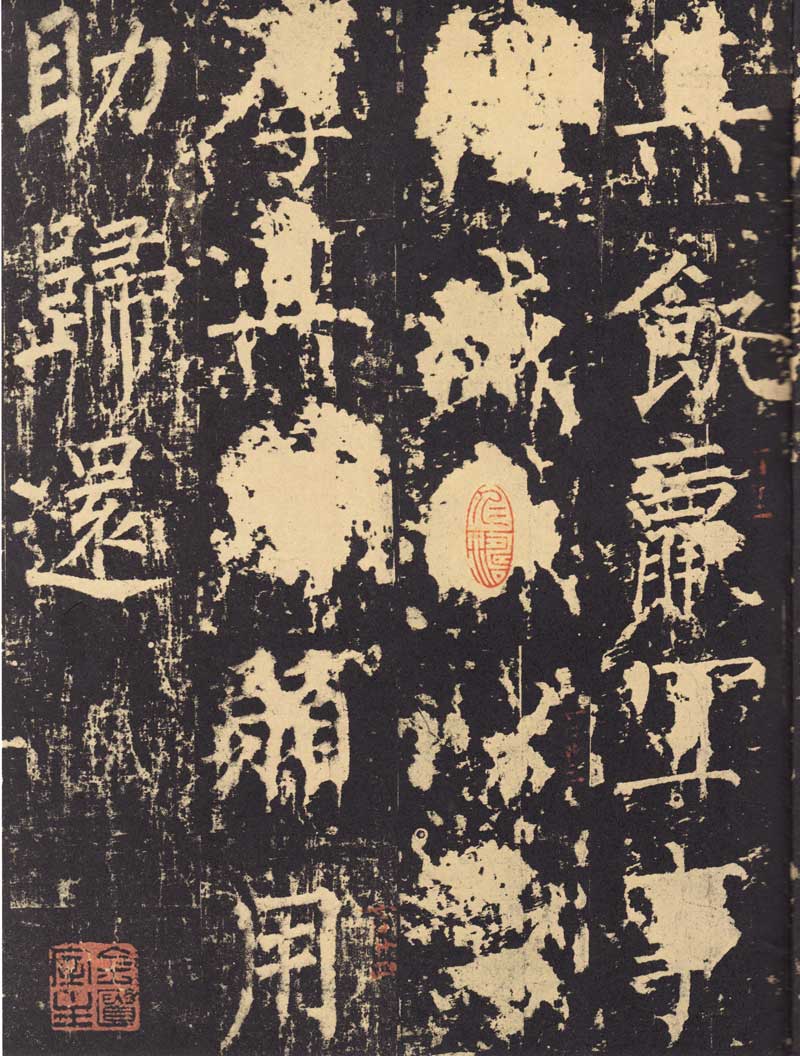
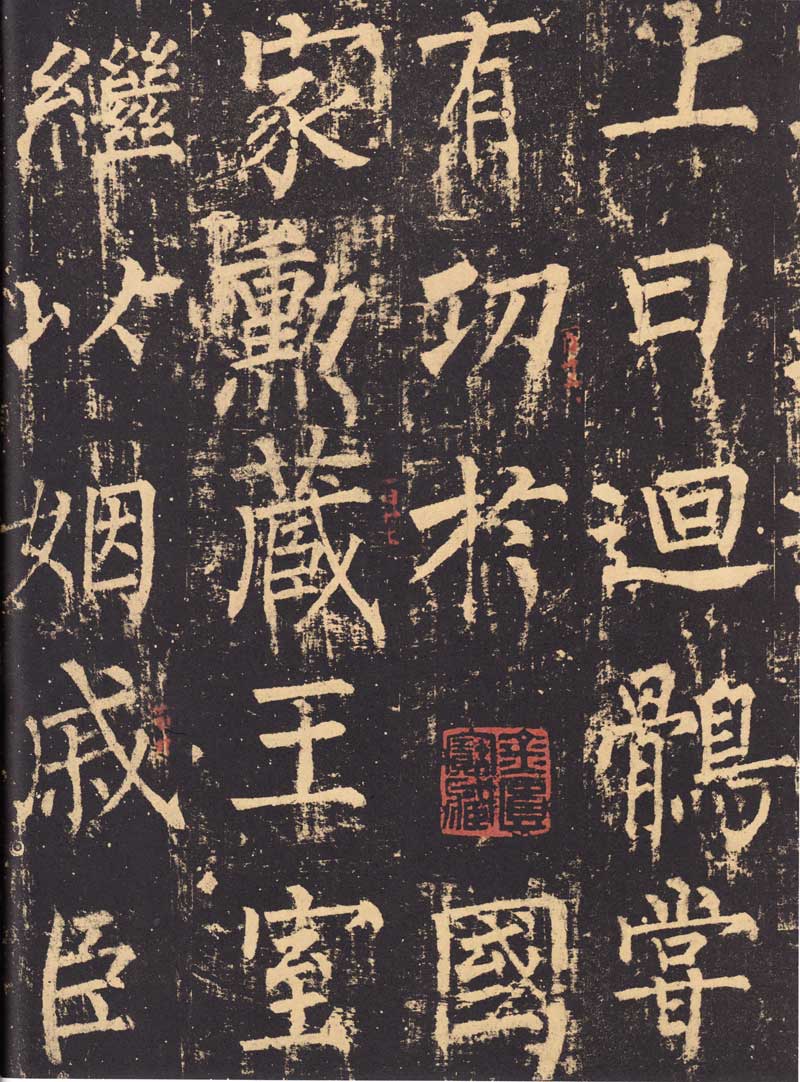
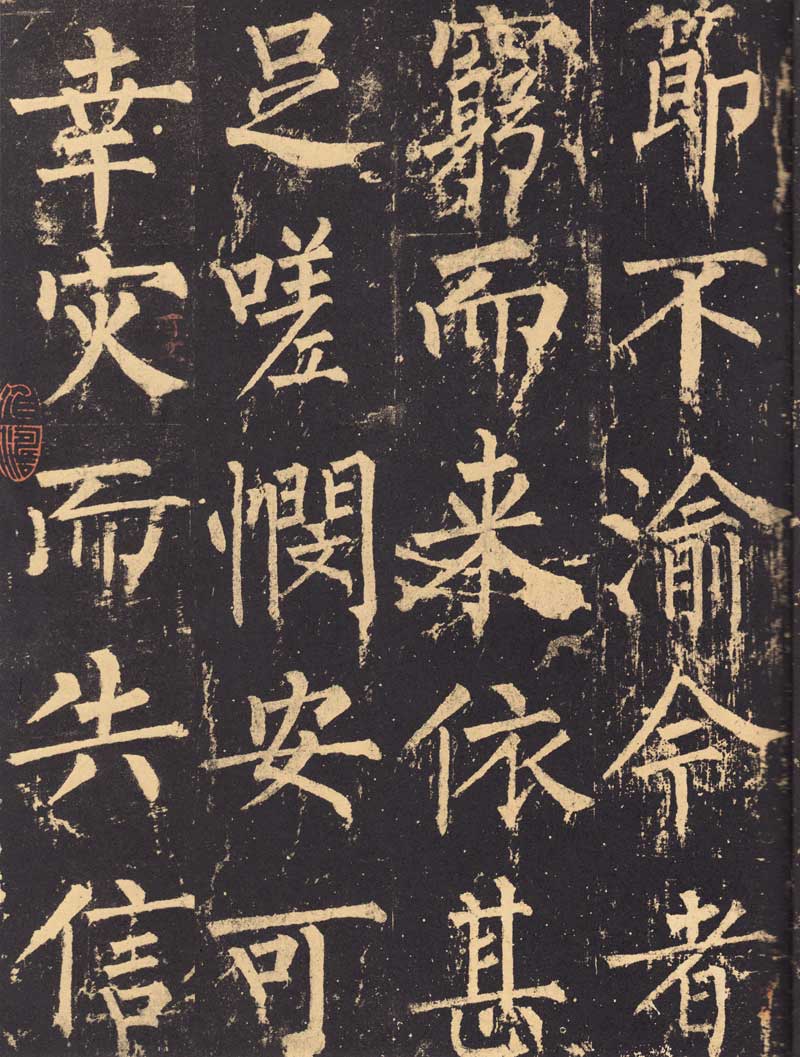
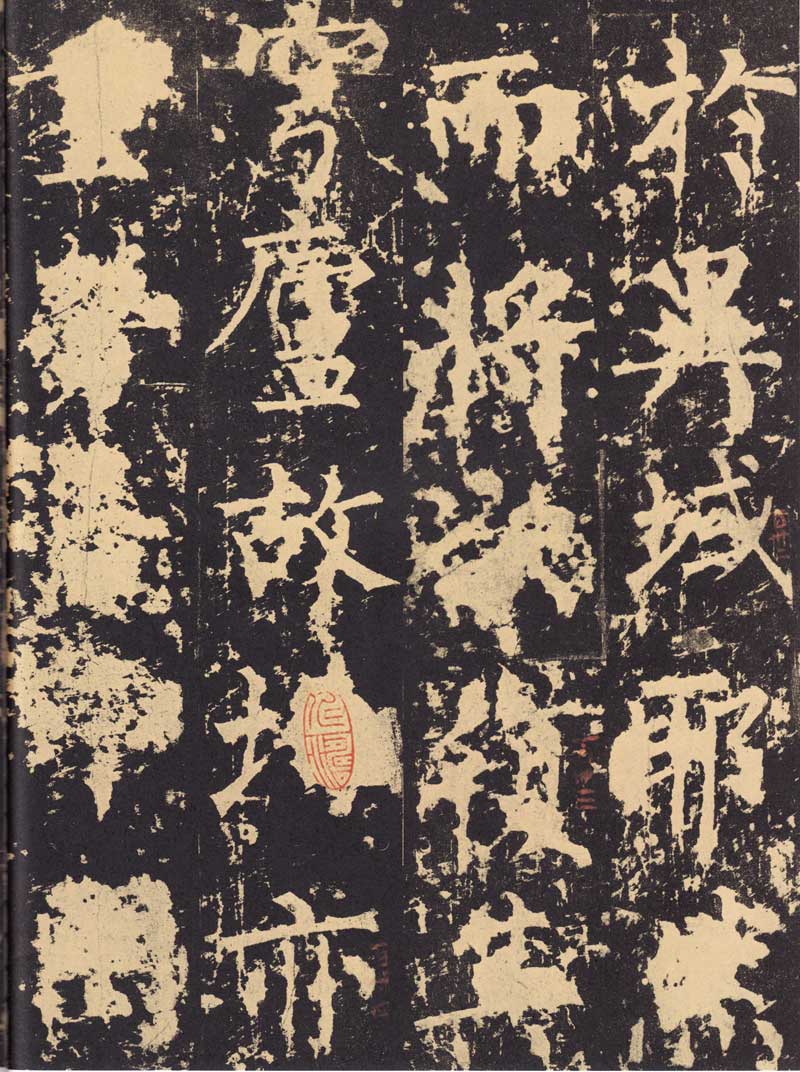
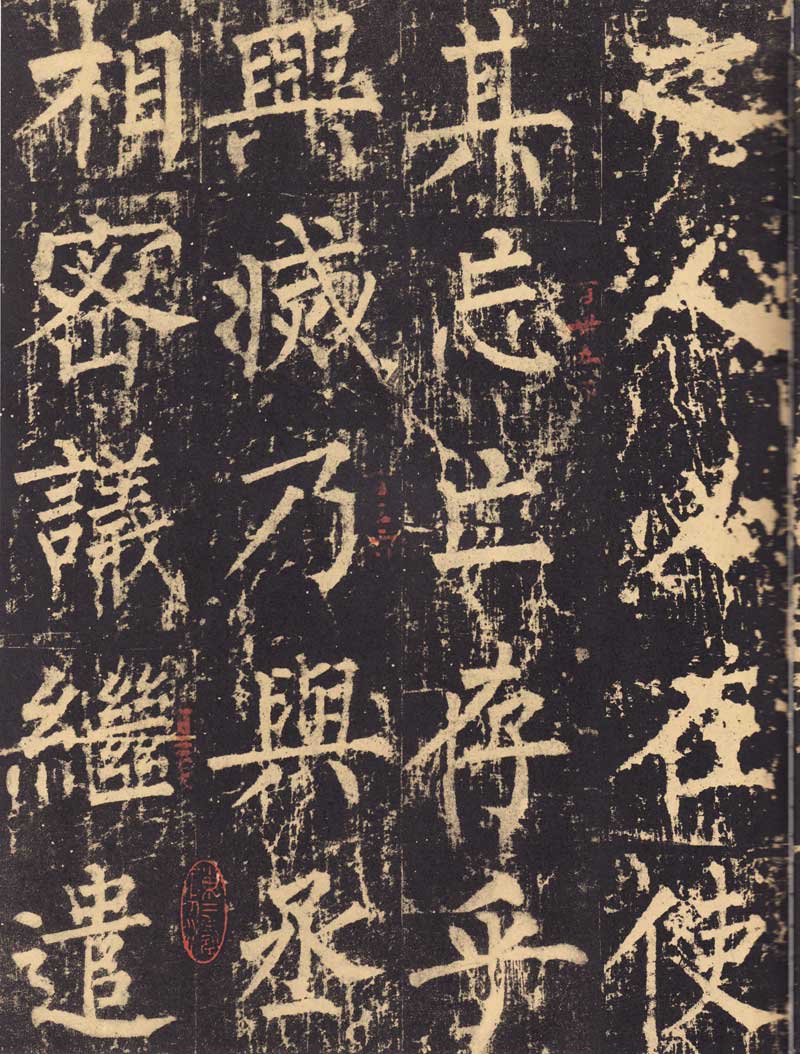
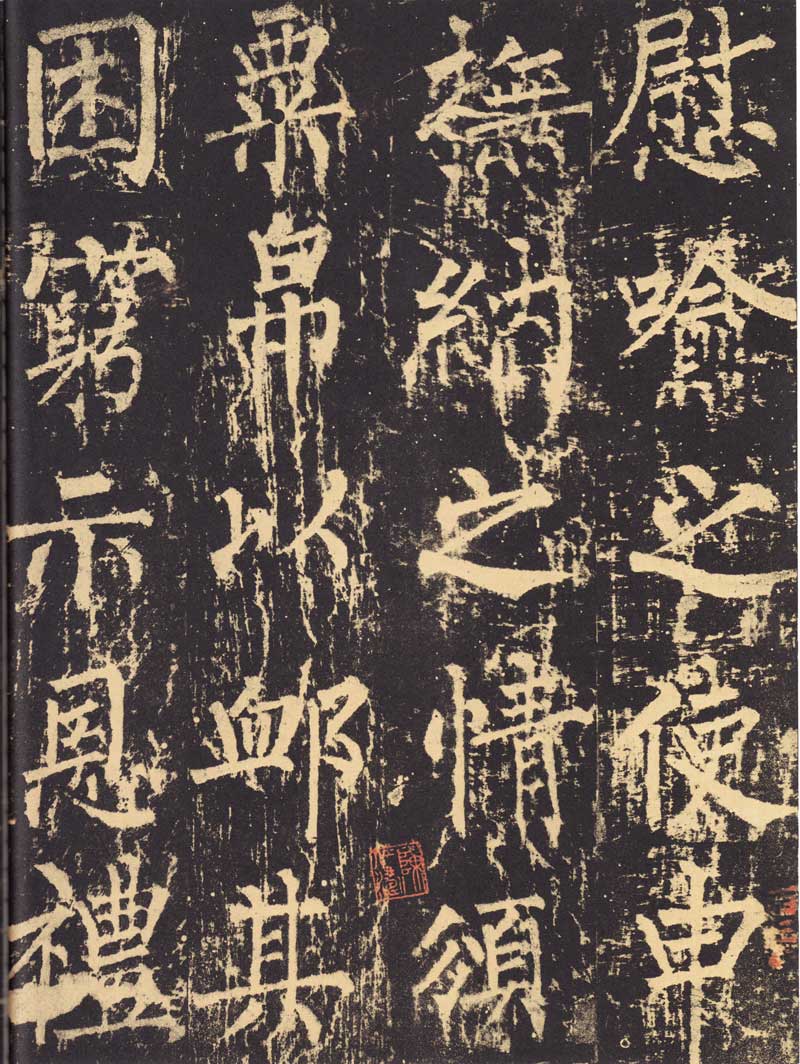
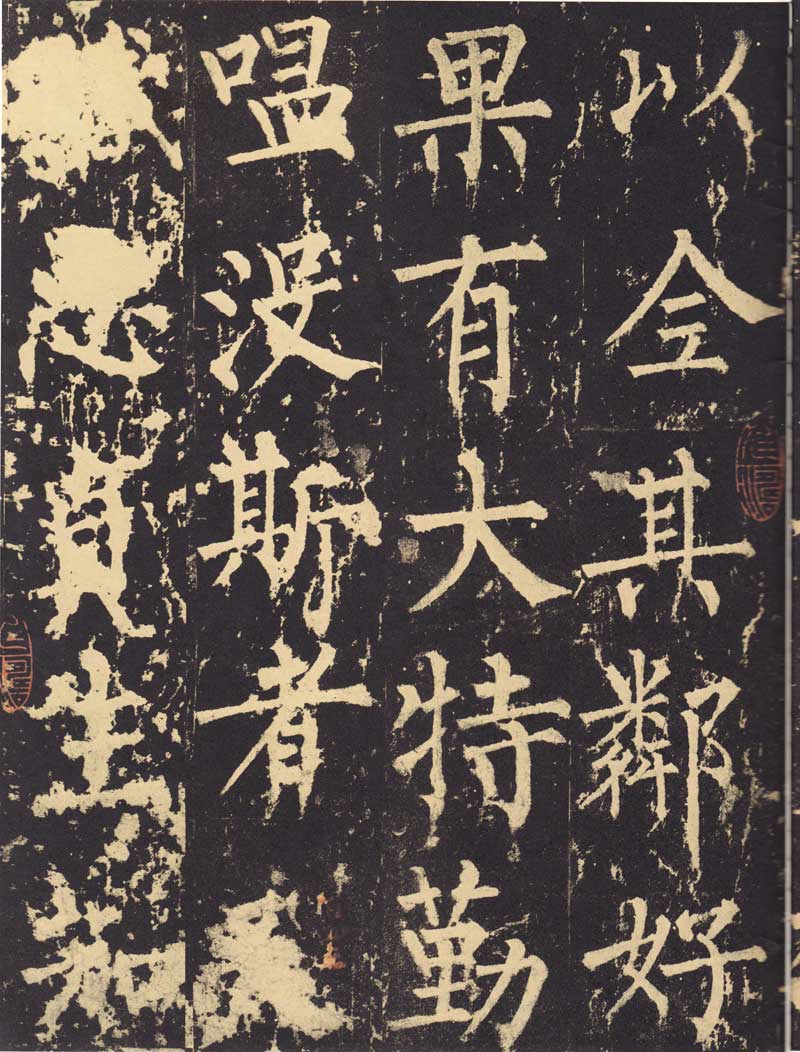
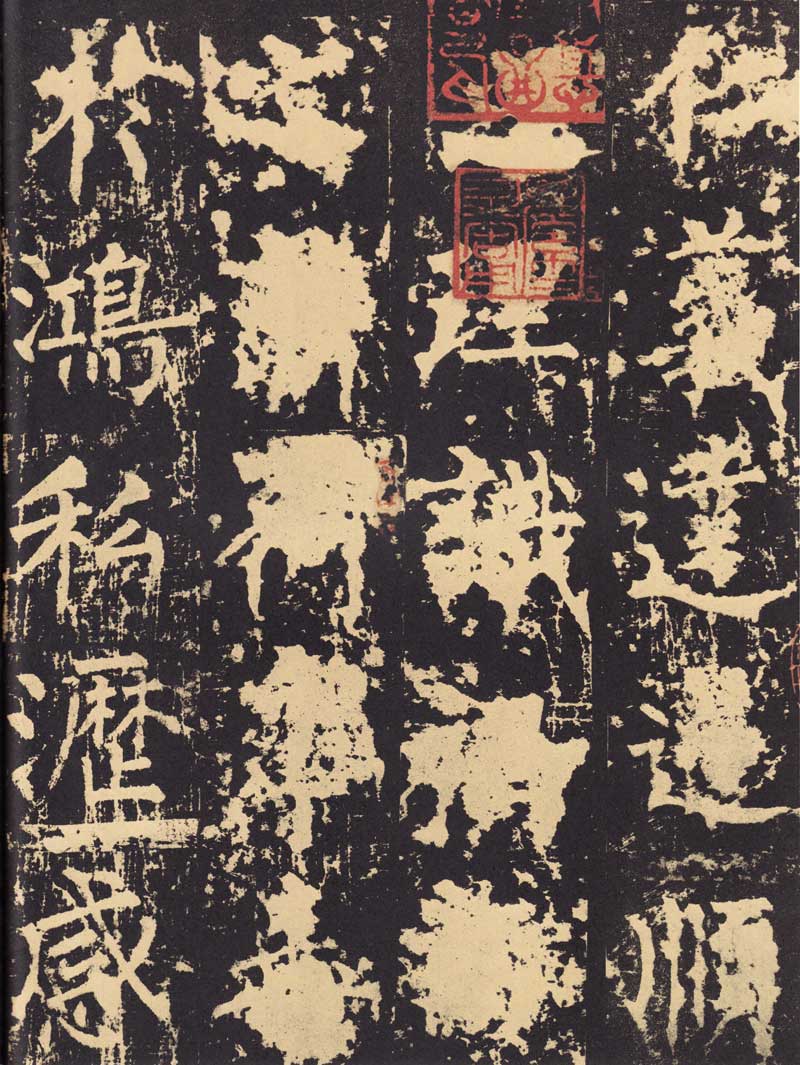
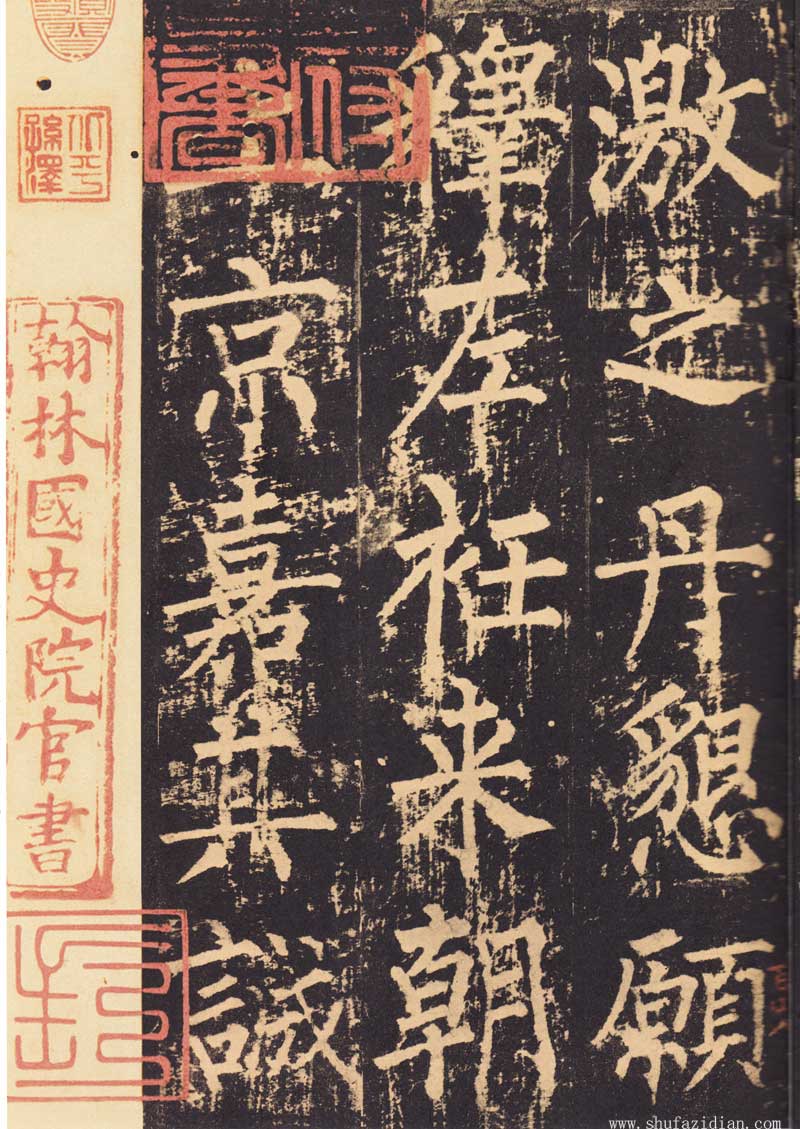
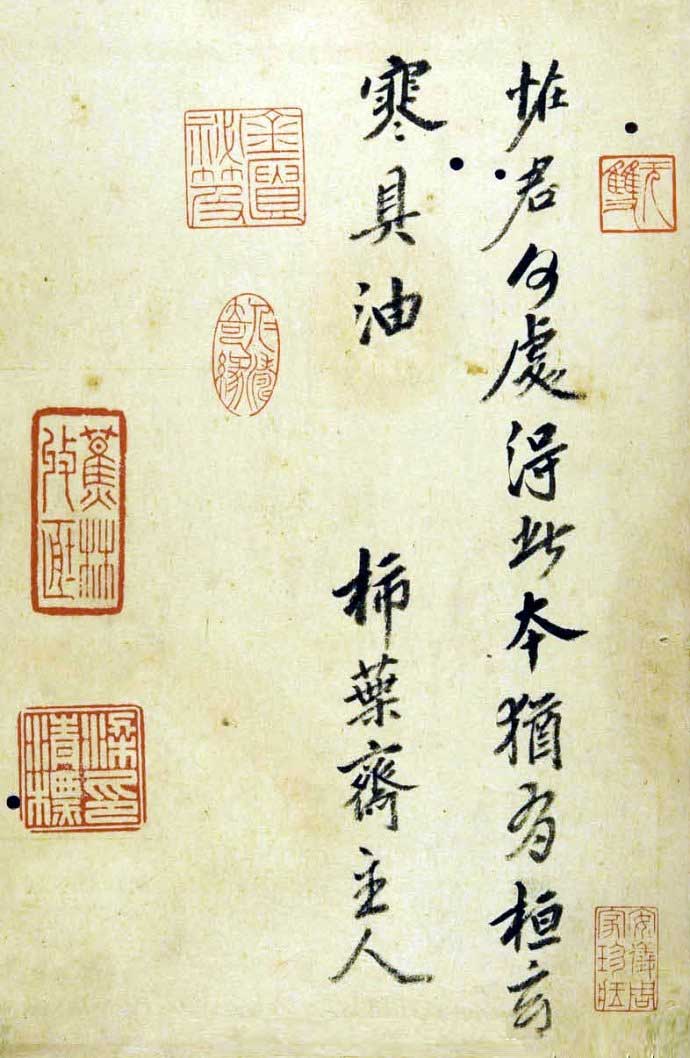
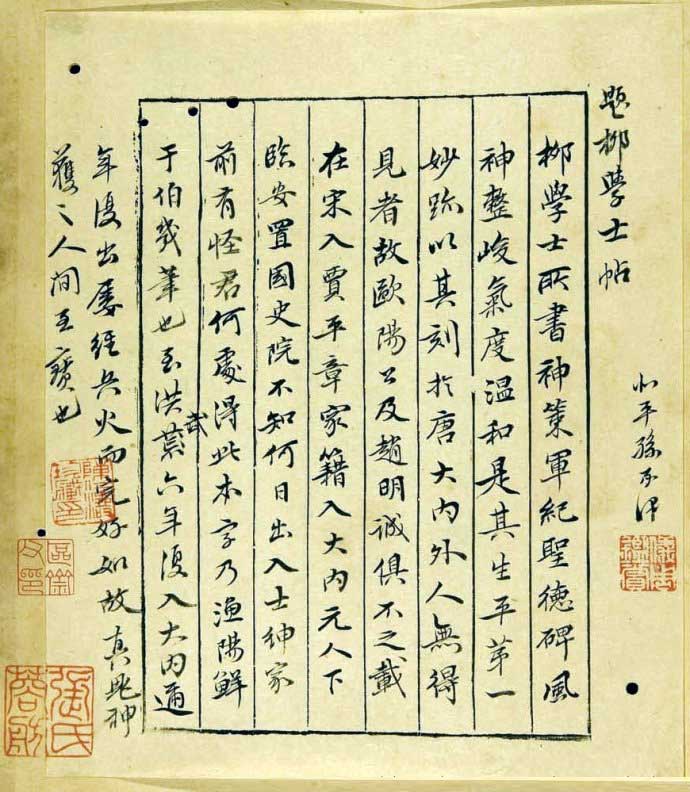
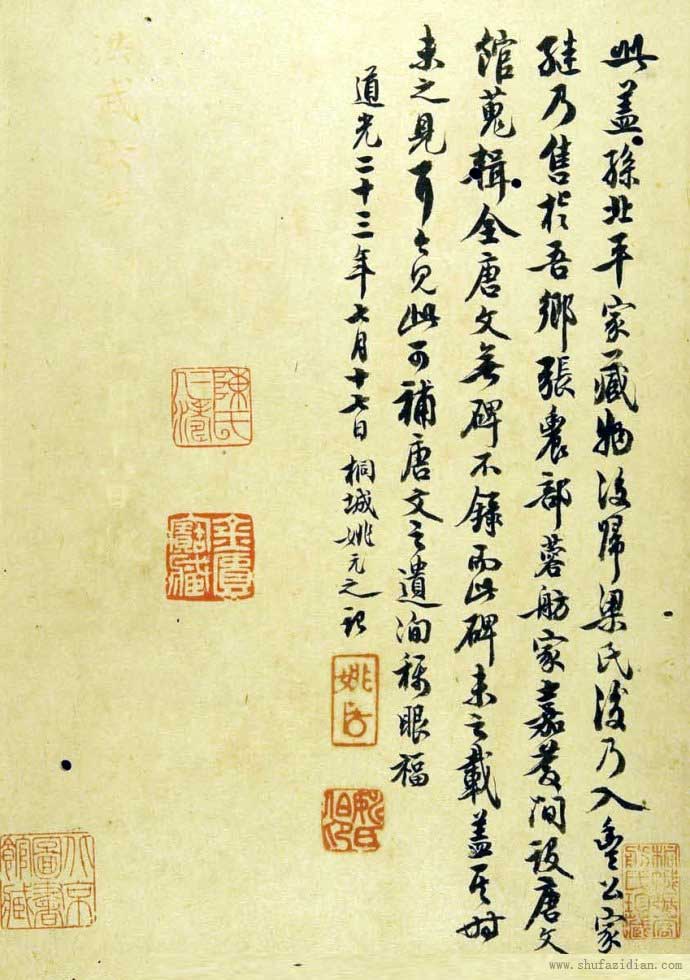
"The Military Monument of Divine Strategy"introduce
The full title is "The Emperor's Inspection to Zuo Shence's Military Discipline and the Preface to the Monument of Shengde", written by Liu Gongquan. It was erected in the third year of Huichang in the Tang Dynasty (843 AD), and the original stele has been lost for a long time.
Among the stele rubbings collected by the Rare Books Department of the National Library, the Song Dynasty's "Shence Army Stele" is the most legendary treasure.
In the third year of Huichang of the Tang Dynasty (843), not long after Li Yan, Emperor Wuzong of the Tang Dynasty, came to the throne, how to repair the relationship with the eunuchs was a problem that faced Emperor Wuzong at that time.
Since Dezong of the Tang Dynasty, eunuchs have been in charge of the forbidden army-the Shence Army, and an authoritarian situation has gradually formed. Previously, Wuzong's brother Wenzong had ordered the court officials to plan the "Manna Incident", which triggered a fierce conflict between the court officials and the eunuchs, and Wenzong was placed under house arrest by the eunuchs. Wuzong was established by the eunuch Qiu Shiliang. Therefore, Wu Zong decided to inspect Zuo Shence's army with the intention of showing favor to the eunuchs, and Qiu Shiliang just obeyed the holy will and requested the erection of a stele praising Shengde in response. Therefore, the Shence Army Monument was erected.
The inscription on the Shence Army Monument records the demise of the Uighur Khanate and the coming of Andimes, which itself has important historical value. The stele was written by Cui Xuan, a Hanlin scholar, and Liu Gongquan, a scholar of the Jixian Academy, which added to the artistic value of the stele. The inscription written by Liu Gongquan has a neat calligraphy structure, which fully embodies the characteristics of the "Liu style" regular script with open, stable and well-proportioned bones. In addition, the inscription on the inscription is exquisite and the rubbings are indistinguishable from the original, so it is regarded as a masterpiece of Liu script by later generations.
"Shence Military Monument" is one of Liu Gongquan's representative works in regular script. The calligraphy style of this stele is more mature and distinctive than that of the well-known "Mysterious Tower". The structure layout is smooth and even, retaining the traditional structure of tight left and comfortable right. The pen can be used in both directions and with ease. The strokes are thick, steady and majestic. It typically shows the artistic characteristics of Liu-style regular script that are both vigorous and broad-minded. Just as Cen Zongdan's "Book Review" says, Liu Shu is "like a private soldier at the gate, with a dense environment." Reading this stele can help people deepen their understanding of the artistic characteristics of the sentence "Yan Jin Liu Gu". The original stone of the "Shence Military Monument" was erected within the confines of the feudal dynasty. It was difficult for ordinary people to enter and copy it, so very few rubbings have been passed down to the world.
According to common practice, the rubbings of this stele were presented to ministers, but they were not widely circulated. The original stele was probably destroyed in the war in the late Tang Dynasty, and it could not be passed down to later generations. So far, only the original copy in the National Library has been handed down. At the end of the Northern Song Dynasty, Zhao Mingcheng recorded a two-volume rubbing of the "Shence Army Stele" in "Inscriptions on Stone and Stone", which happened to be the same as the National Library Collection. Therefore, it has been speculated that this book was once collected by Zhao Mingcheng and Li Qingzhao. Thinking back to the days of peace, Zhao Mingcheng and Li Qingzhao entertained themselves with poems, books, and epigraphs. Among the treasures they rubbed and admired was this rubbing of the "Shence Army Stele", which is really fascinating.
Most of Zhao's collection was lost in the Jingkang War, and the remainder went to powerful families. The National Library collects this rubbing with a Zhu Wen seal of "Qiuhe Book" at the beginning, and a Zhu Wen seal with the word "Feng" at the end. It is known that it was collected by Jia Sidao, a powerful official in the Southern Song Dynasty. Later, Jia's family property was confiscated and transferred to the official, and this rubbing became a collection of the Southern Song Dynasty royal family. The present rubbings were mounted in the inner treasury of the Song Dynasty and were reinstalled at about this time. After the Yuan Dynasty destroyed the Song Dynasty, it returned to the Hanlin Academy of National History, with the official seal of the Hanlin Academy of National History in regular script and Zhu Wen's seal. It was collected into the inner treasury in the sixth year of Hongwu in the Ming Dynasty. At the end of the rubbing, there is a line of small gold characters inscribed "Collected on the 18th day of the eleventh month in the sixth year of Hongwu". Soon after, Zhu Yuanzhang gave it to his son, King Zhu Fan of Jin, so there are "Seal of Jin Mansion Calligraphy and Painting" and "Jin Mansion Book" Zhu Wen Seal at the beginning and end. At the end of the Ming Dynasty, he returned to the great collector Sun Chengze. In the Qing Dynasty, it was also collected by Liang Qingbiao, An Qi, Zhang Rongfang, Chen Jieqi and others.
This rubbing originally had two volumes, but I don't know when the second volume was lost. The first volume of Anqi's "Mo Yuan Hui Guan" written during the Qianlong reign of the Qing Dynasty is still complete, with an original length of fifty-six pages. At the end of the Qing Dynasty, when Chen Jieqi's descendants transferred the manuscript, they discovered that two pages after page 42 were missing, leaving only 54 pages. During the Republic of China, it was collected by Chen Chengzhong, a famous southern bibliophile.
In 1949, Chen Chengzhong and his wife settled in Hong Kong with some of their precious book collections. Two years later, it was rumored that the Chen family would sell the book collection, and there was news that the Japanese were interested in acquiring it. After learning about it, Zheng Zhenduo, then director of the Cultural Relics Bureau of the Ministry of Culture, decided to spend a lot of money to buy back these precious ancient books. He immediately contacted Fei Yimin, the president of Hong Kong's "Ta Kung Pao" and collector Xu Bojiao, together with Zhao Wanli and Chen, the edition and bibliography experts of the National Library. After negotiating with others, he successfully purchased back the rare books collected by "Xun Zhai" in 1965 and put them into the collection of the Beijing Library at that time. Among them was the "Shence Military Monument". Now, as a rare treasure, the "Shence Military Monument" is still hidden in the library of the National Library.
【original】
The Emperor visited Zuo Shence and the Monument of Military Discipline and Shengde was prefaced.
The scholar of the Hanlin Academy accepted the imperial edict and was granted the title of Langzhong Zhizhi by the Minister of Yilang, Shou Shangshu and Zhigao. Shangzhuguo was awarded the purple gold fish by the baggage minister Cui Xuan. It was written by the imperial edict. It is being discussed that the official Shou Yousan often served as a bachelor of Jixian Palace and judged the affairs of the court. Seven hundred households in the Shiyi Town of the founder of Hedong County in Shangzhu State were given purple gold fish and baggage minister Liu Gongquan according to the imperial edict. Jixianyuan official court councilor Lang Shoheng, governor Shizhu and ministers of the country served.
Our country was born with destiny. Summer in Amazaku Ward. More than two hundred years. The saints inherit each other. Chongxi is tired of talking. Caught on fifteen leaves. Fortune belongs to ZTE. The most benevolent, civil and military god, the great filial piety emperor. Wen Gongjunzhe.
Qisheng Guangquan. Meet the prosperous period of heaven and earth. Gather songs in Yingdi. From the public and the light talisman. After more than five attempts, he was shown the treasure map. Hold the golden mirror to adjust the four seasons. Fu Xuan and Qizheng Qi. It's so cool. God □懐. □□□Early. Only the new Pei Ze. Zhaosu Pinhui. The preface encourages the virtuous and capable. [Only] Afraid of hard work and modesty. Move respect for the law. Exhausted filial piety and longing for Zhaopei. I mourn and respect the garden. Wind and rain are a little embarrassing. Pray sincerely. The insect borer is still alive. He stopped eating to stay in Li Yuan. Play the code [potato]. Xing [rise]□□. [Dunmu] Nine tribes. Xianzhi has no writing. The place where boats and cars are connected. What the sun and moon shine upon. It's all about practicing virtue. Being bathed in the royal wind. Xinxinran. Tao Taoran. I don’t know that the custom is to achieve happiness and longevity. Therefore, the annual harvest will be smooth. The disaster is not [made]. Hui Ze [moisten] Yu Youjie. The sound of teaching overflows [Yin]. [Cantonese] In the first month of the next year. Enjoy Xuanyuan. Visit the Qing Temple. The meaning of the love declaration. Then something happened in Yuanqiu. Show the emperor's appearance. Be prepared to drive. Group training Yunbu. Feather satellite Chen. Like the lush green flowers. Senzhu Qianzhigeze. Wash and recommend Qi [sacrifice]. [Qian] Thank you Gongyin. Therefore, Eryi Chui [Hugh] was obtained. [bai]ling [receives] the post. Feeling responsive. There is no secluded place. Daluo Mingluan Zexue cleared the forbidden road. The altar of Tai is purple and the weather is cold in the suburbs. Not smoke. Stop conquering miscellaneous retreats. Then the six dragons returned to their bridles. Ten thousand horses returned to the palace. Linduanmen. Apply large size. Xing [celebration] awards [reward]. [Excuse me] Crime records merit. Investigate the origin of criminal justice. Mingjiaohuazhi [book]. Test [Zang Fou] among the officials. Asking about the pain is like steaming people. Absolute merger trend. Prepare for floods and droughts. Hundreds of battle houses are in place. All nations come to the court. The ethics of leading gentry and leading gentry. [Fengchaiya] The custom of bun. Don't untie your braids and twist your corners. [Dance] De [Yongren]. [抃] Dance Kangzhuang. I thought I was going to meet Yao [the year of Shun]. The emperor thought carefully to himself. He retreated and said to the officials. Calendar view three or five years later. The King of Reason. How often do you feel dissatisfied and suffer losses? Benefit modestly. Chong Taisu. Happy doing nothing.
Zong Yi Jian is used to approach people. Keep kindness and thrift in order to educate [things]. Earthen floor thatched [house]. Then the great [beauty is] Chong. Donate money [gold]. Not [the wisdom of greed] Si [written]. [Fu] Wei [Lotus] The ancestral Pi Gou. Belonging to the fun of the universe. I want to trace the ancient wind. The poem "Mianmu Qian" (two pages of rubbings are lost here). [Or] I thought it would take advantage of his famine. [Appropriate] things [tart destroyed]. [Or] in order to [be] thick with his [赙赗]. Return with help. Said above. The Uighurs have made great contributions to the country. Xunzang royal family. Followed by relatives by marriage. The loyalty of the minister remains unswerving. Nowadays, those who are poor come to rely on. Very pitiful. Enke was lucky enough to have broken his trust in a foreign land. However, he wants to restore his old house. It’s also a lot of work [carry on]. The person who [manages the country]. It must be made to forget about the rise and fall of existence. He had a secret discussion with the Prime Minister. Then send an envoy to comfort you. The feeling of appeasement. Give them grain and silk to sympathize with their poverty. Show kindness and kindness to your neighbors. If there is a big one who is diligent in killing people like this. [Death] Knowledge [Loyalty]. Life knows benevolence and righteousness. Da [reverse] and follow [the] principle. Know the [Way] of [Misfortune and Fortune]. [He Zhongyi] Yu Hongsi. Lek is grateful for the elixir. May Shizuo Bian come to the capital. Jiaqicheng (the second volume of rubbings is lost)

